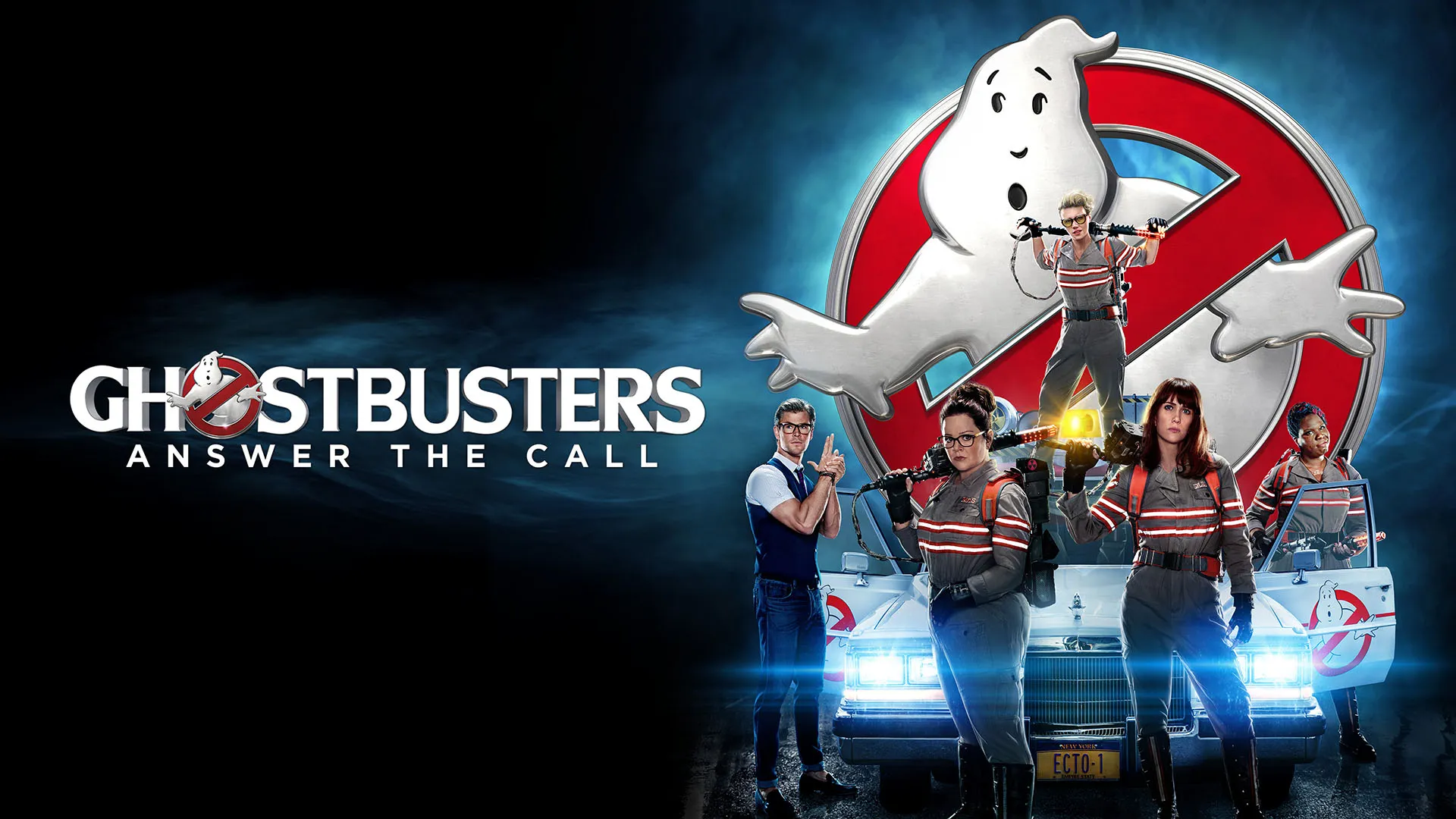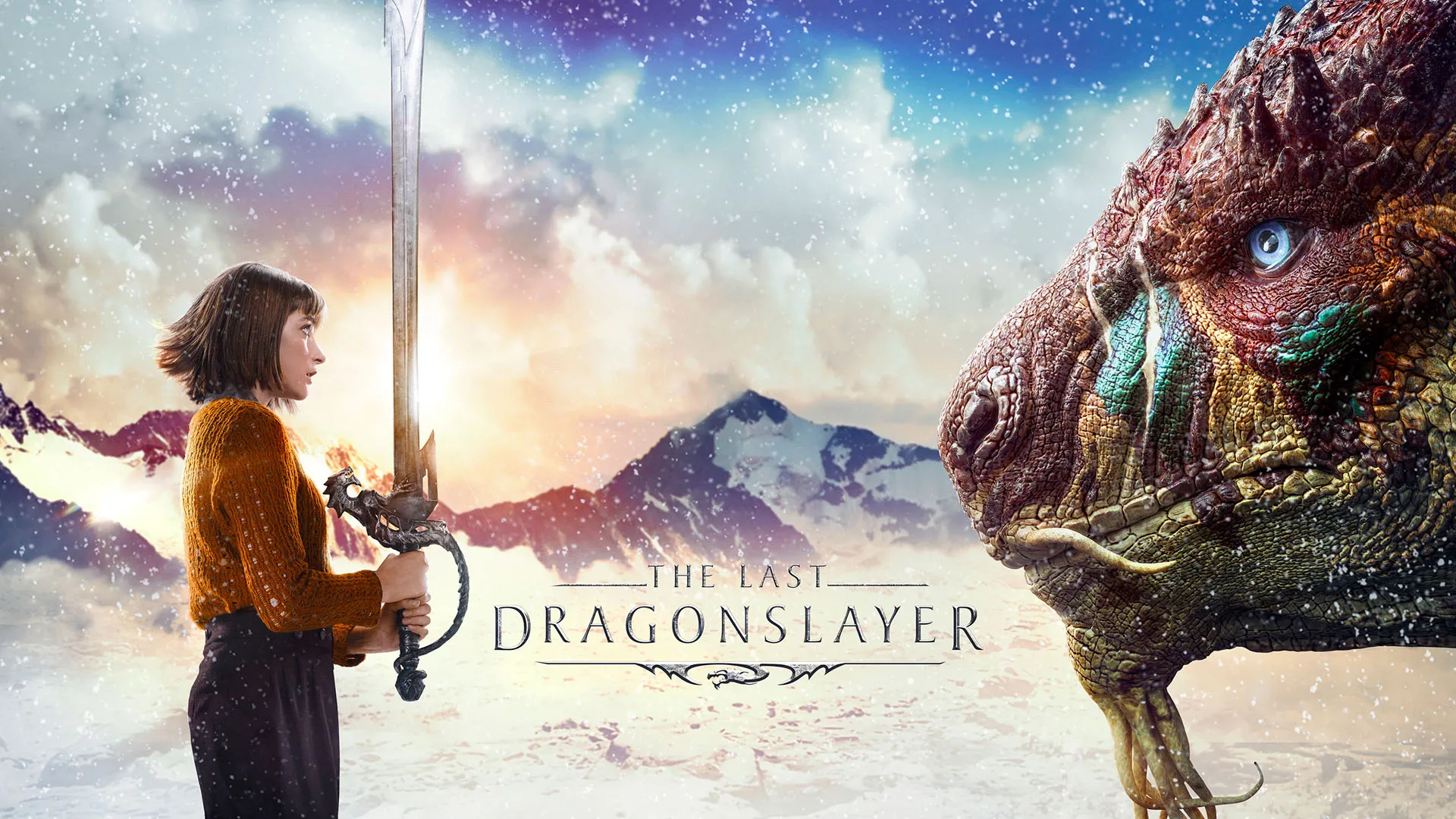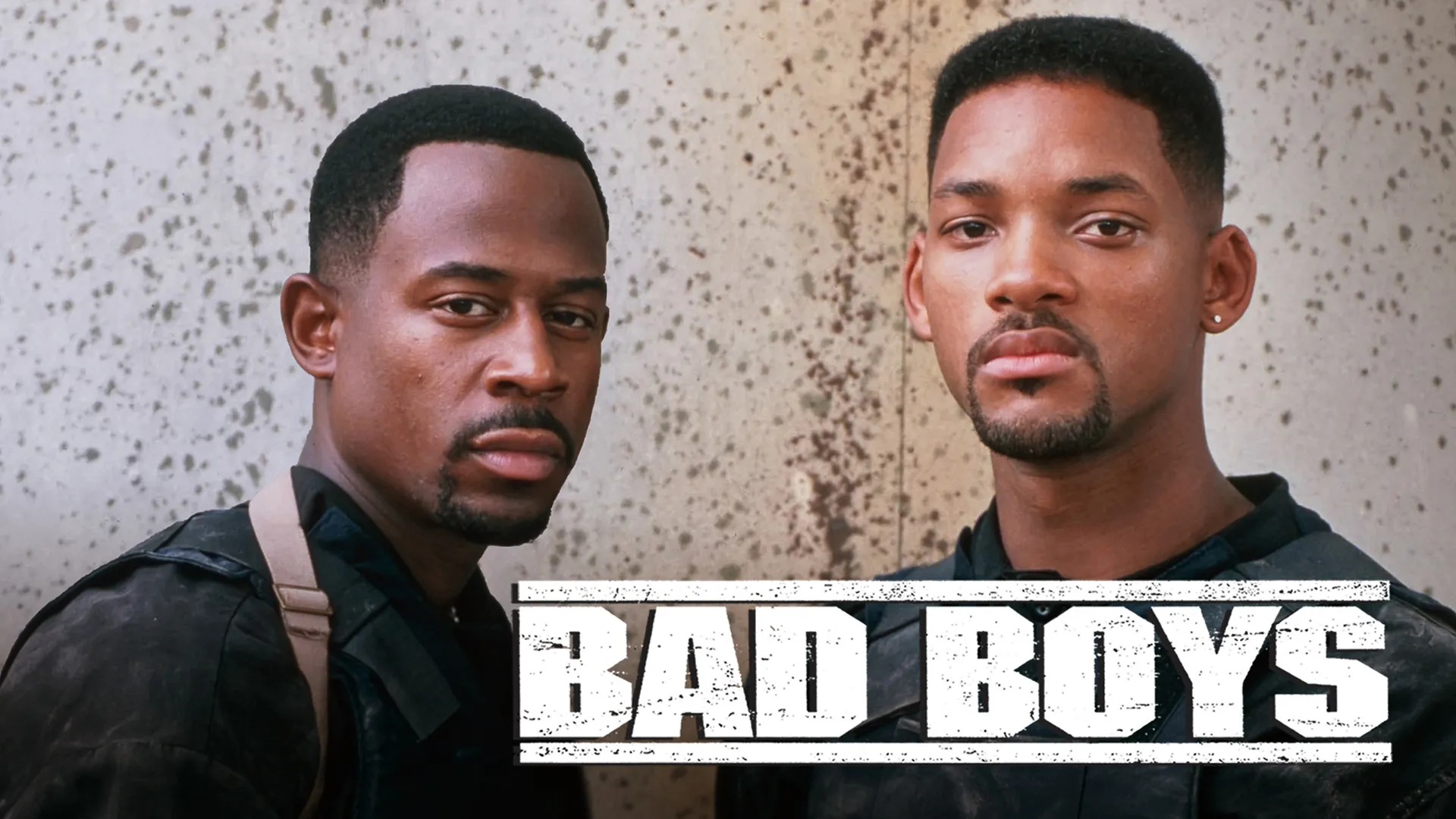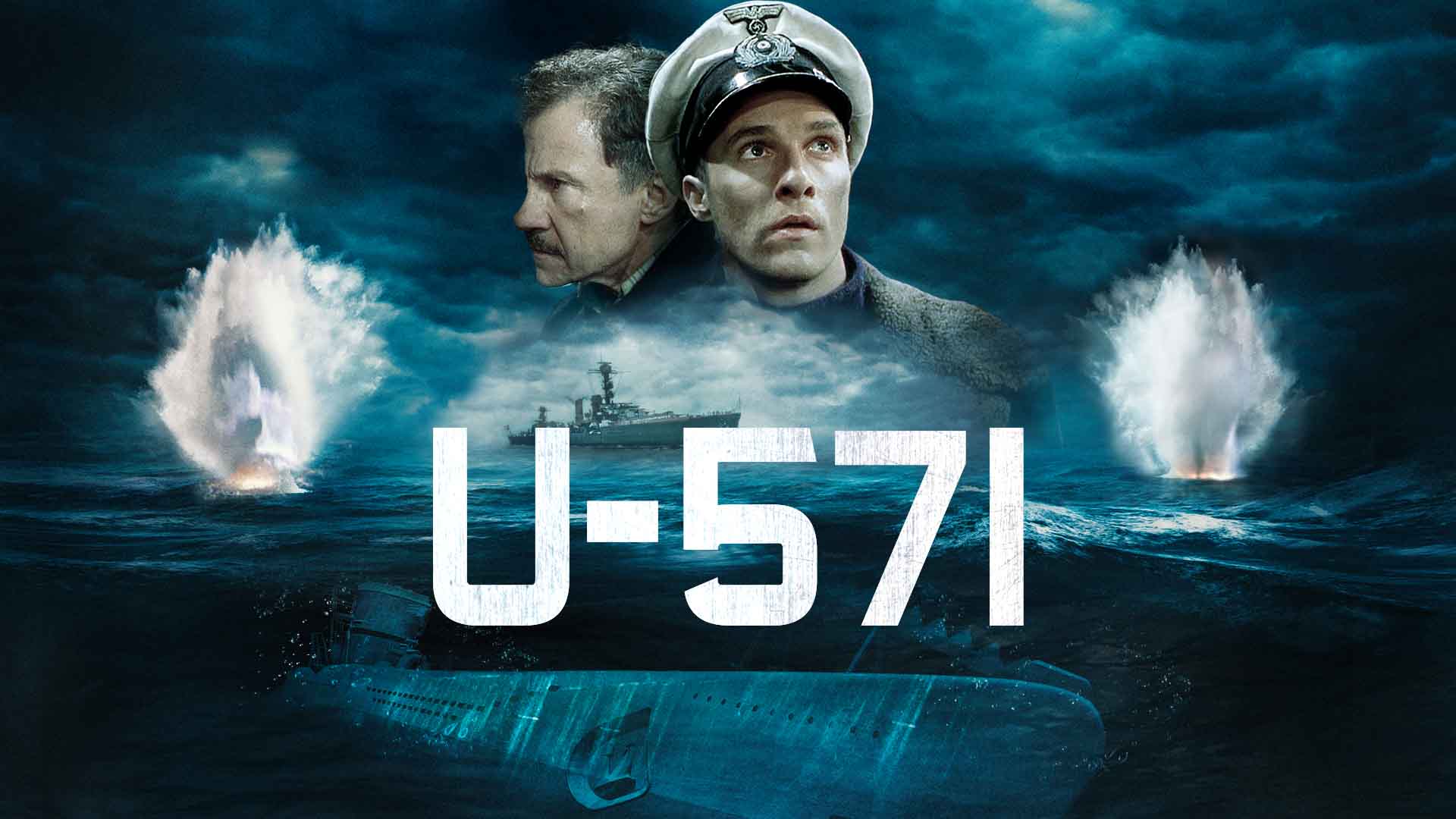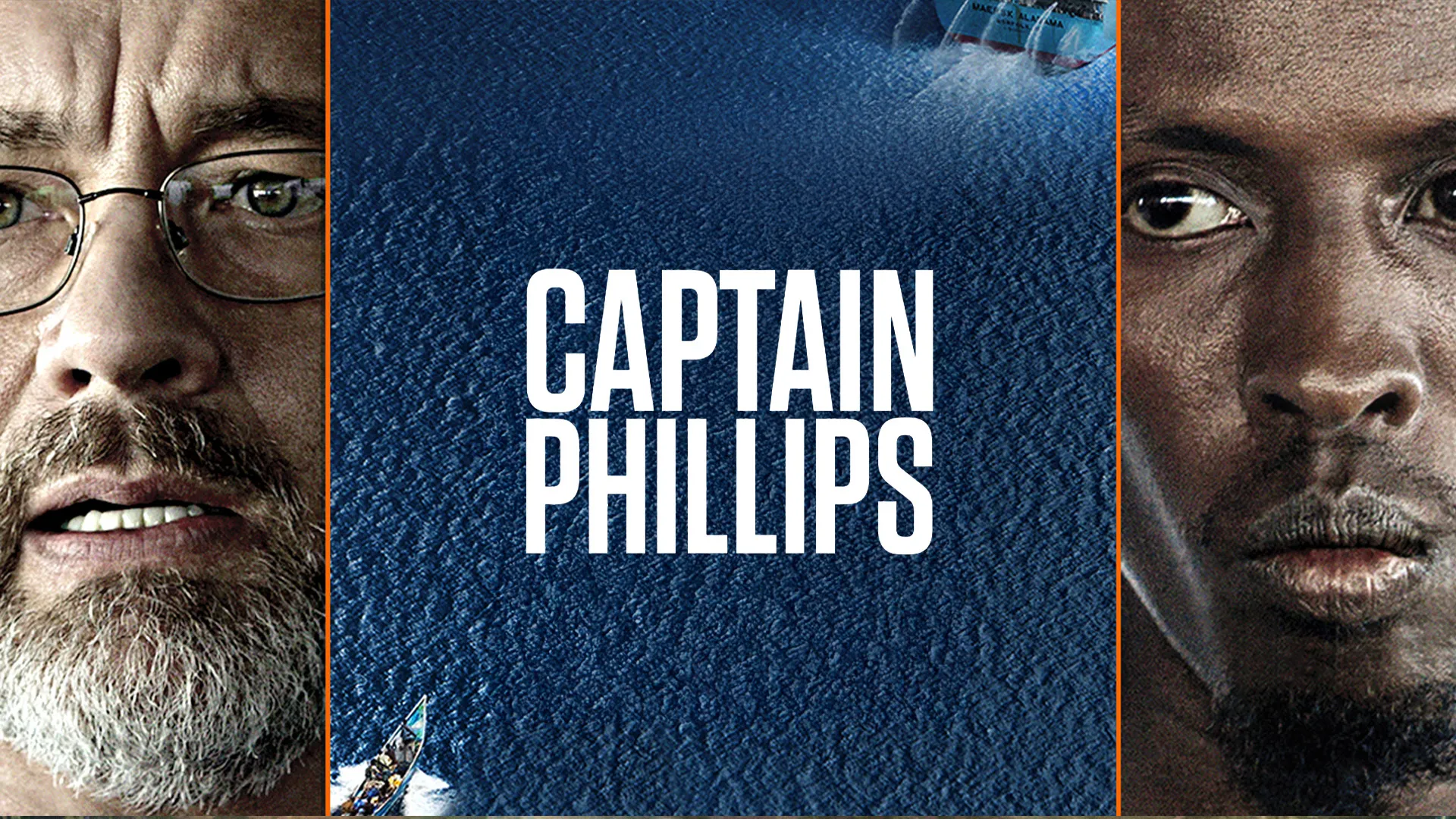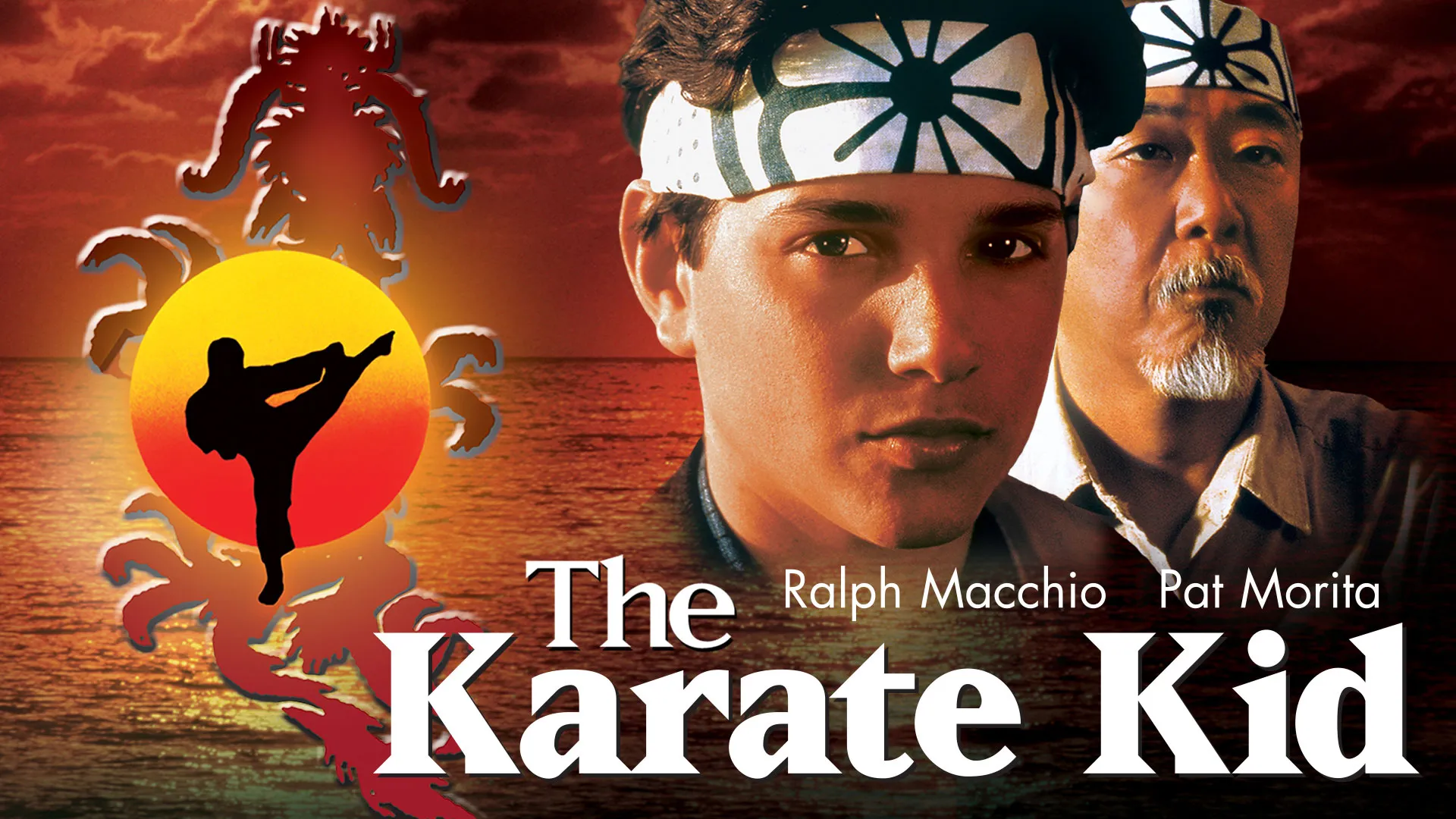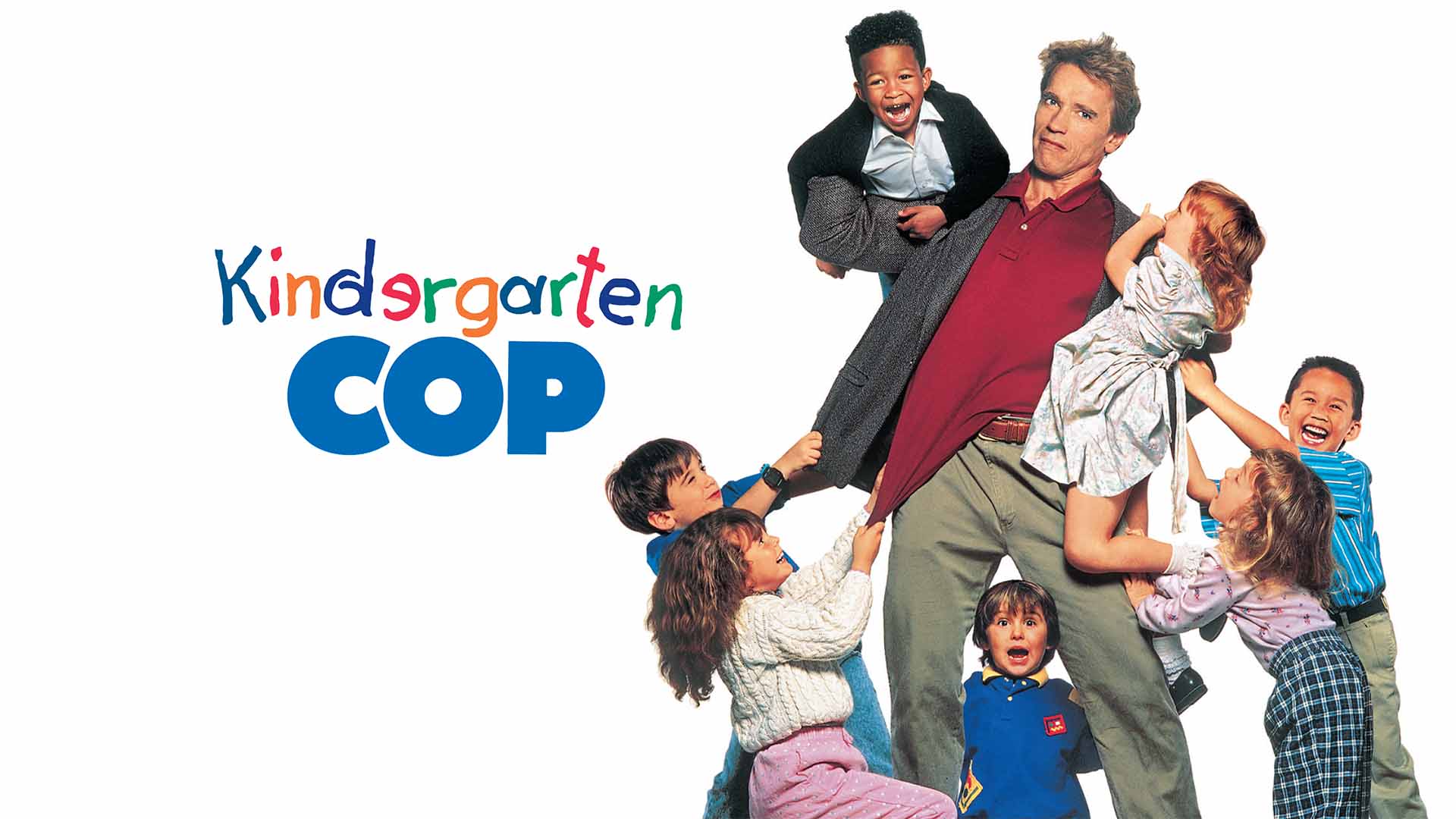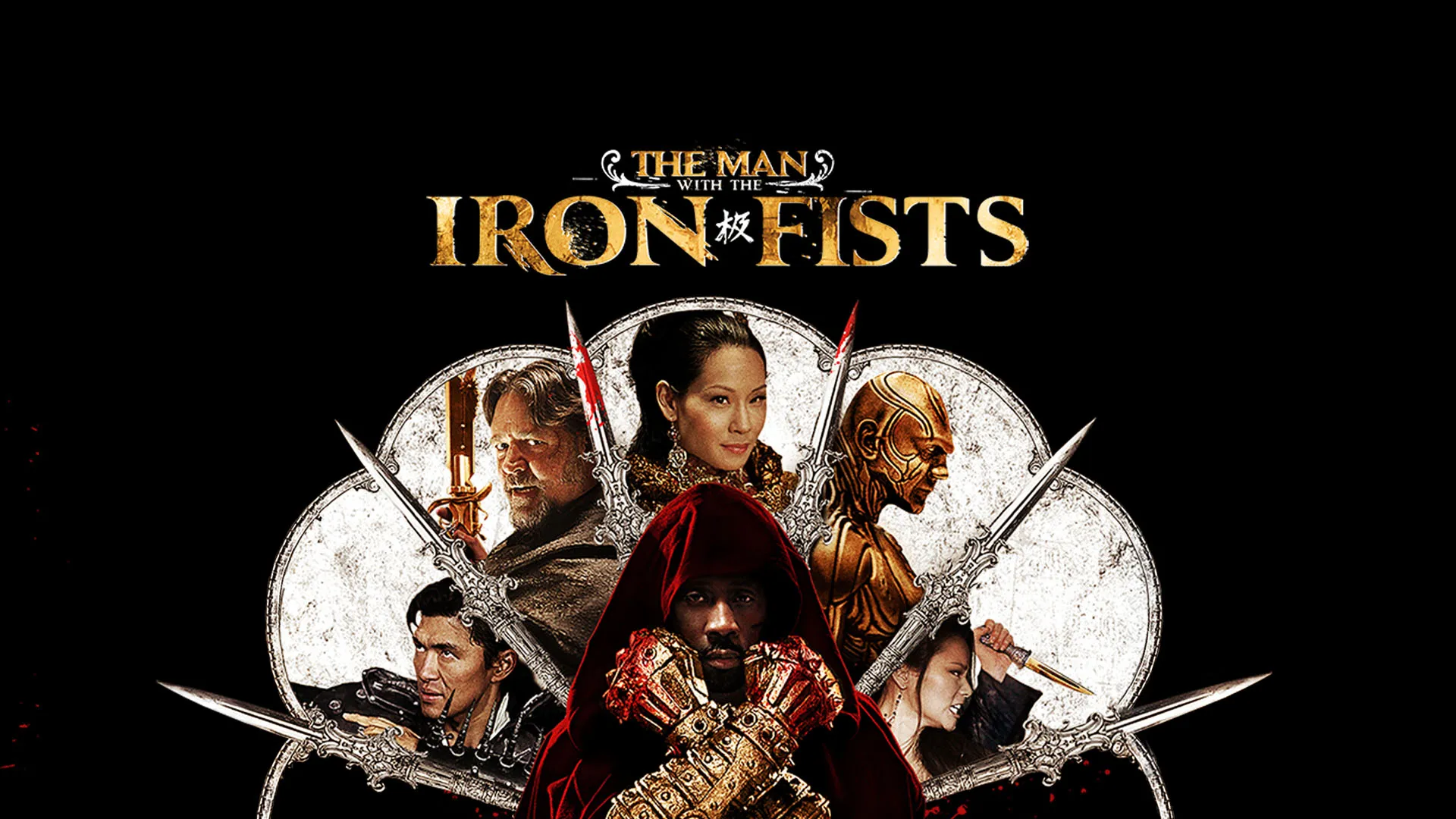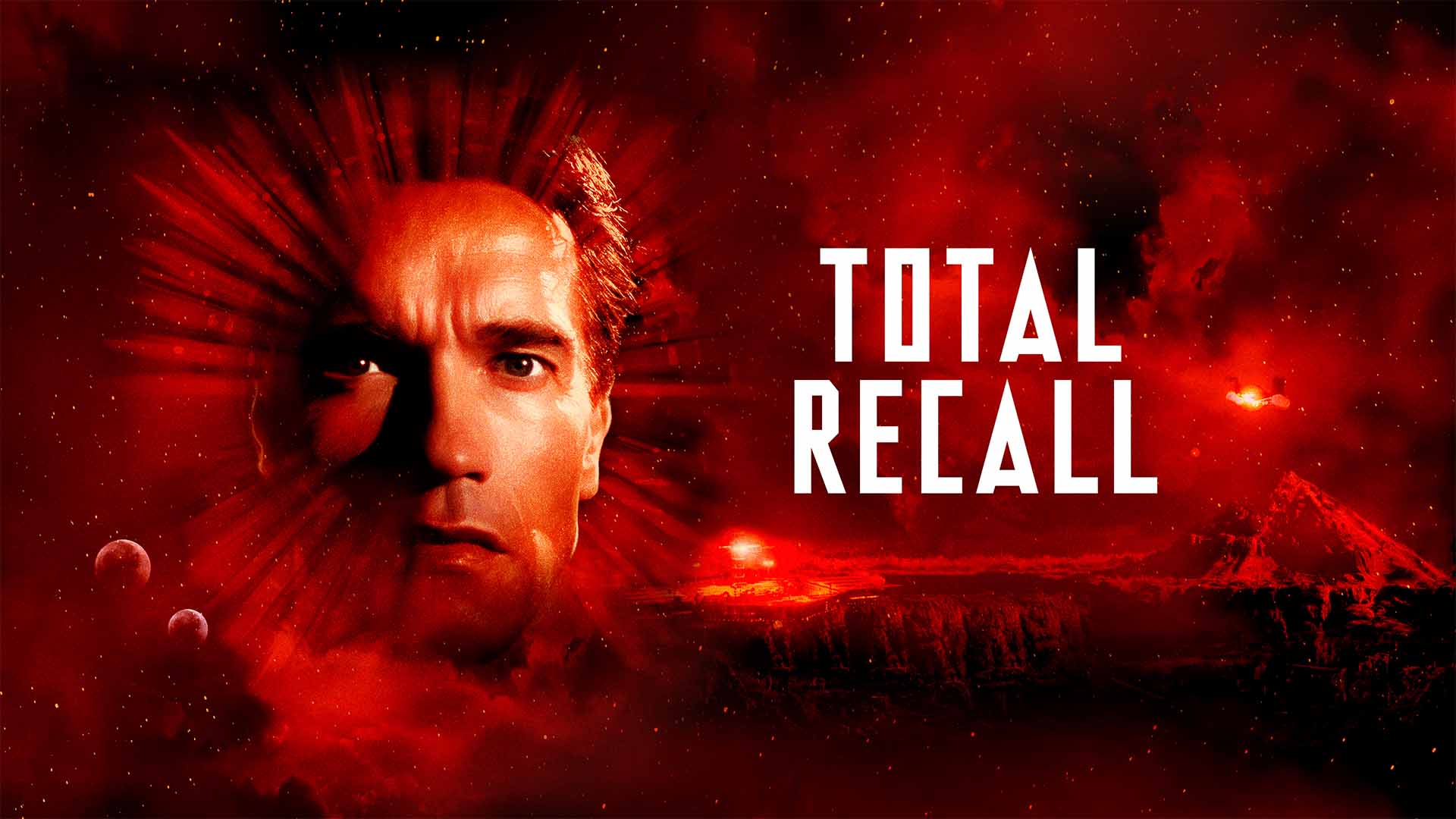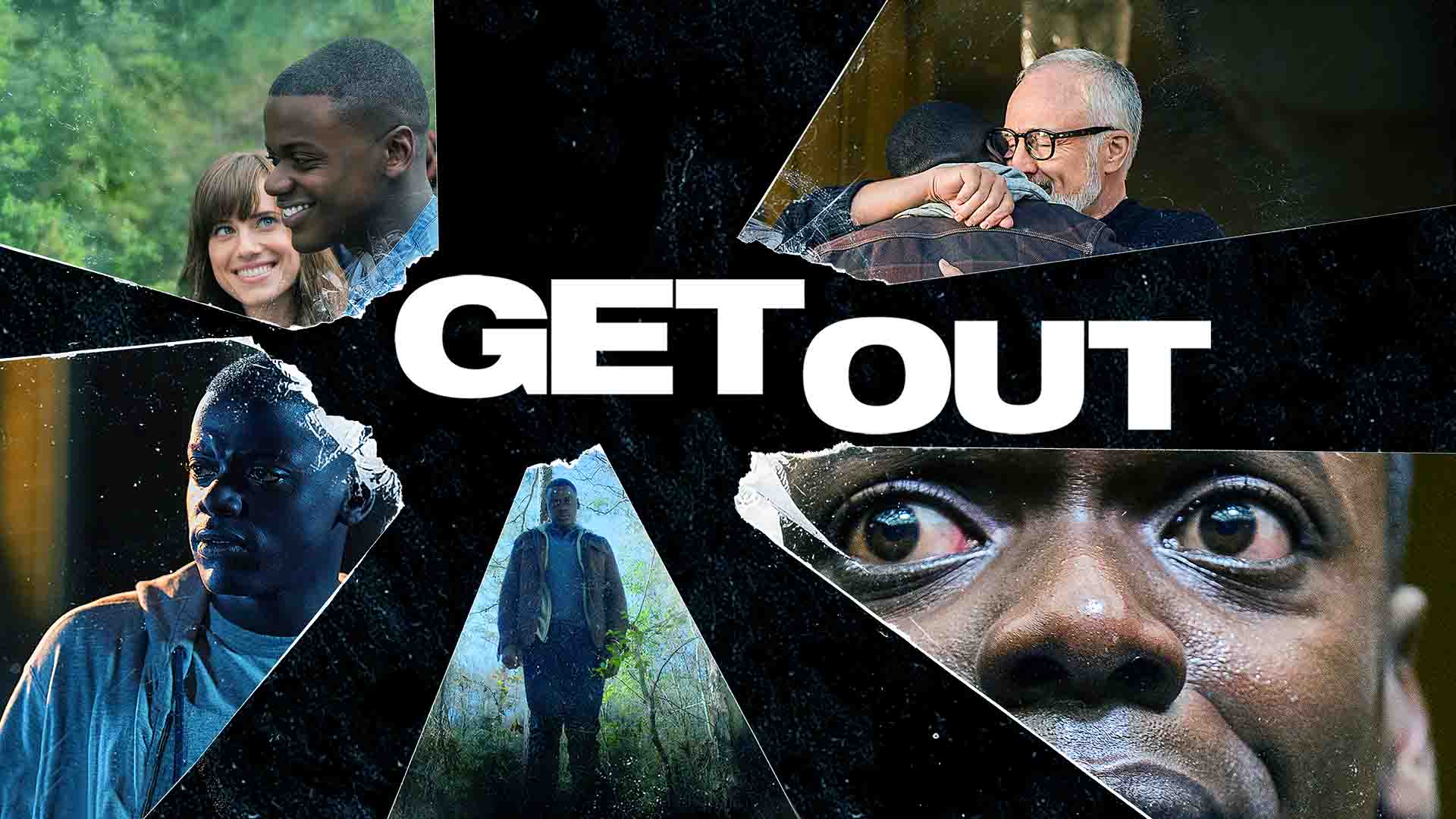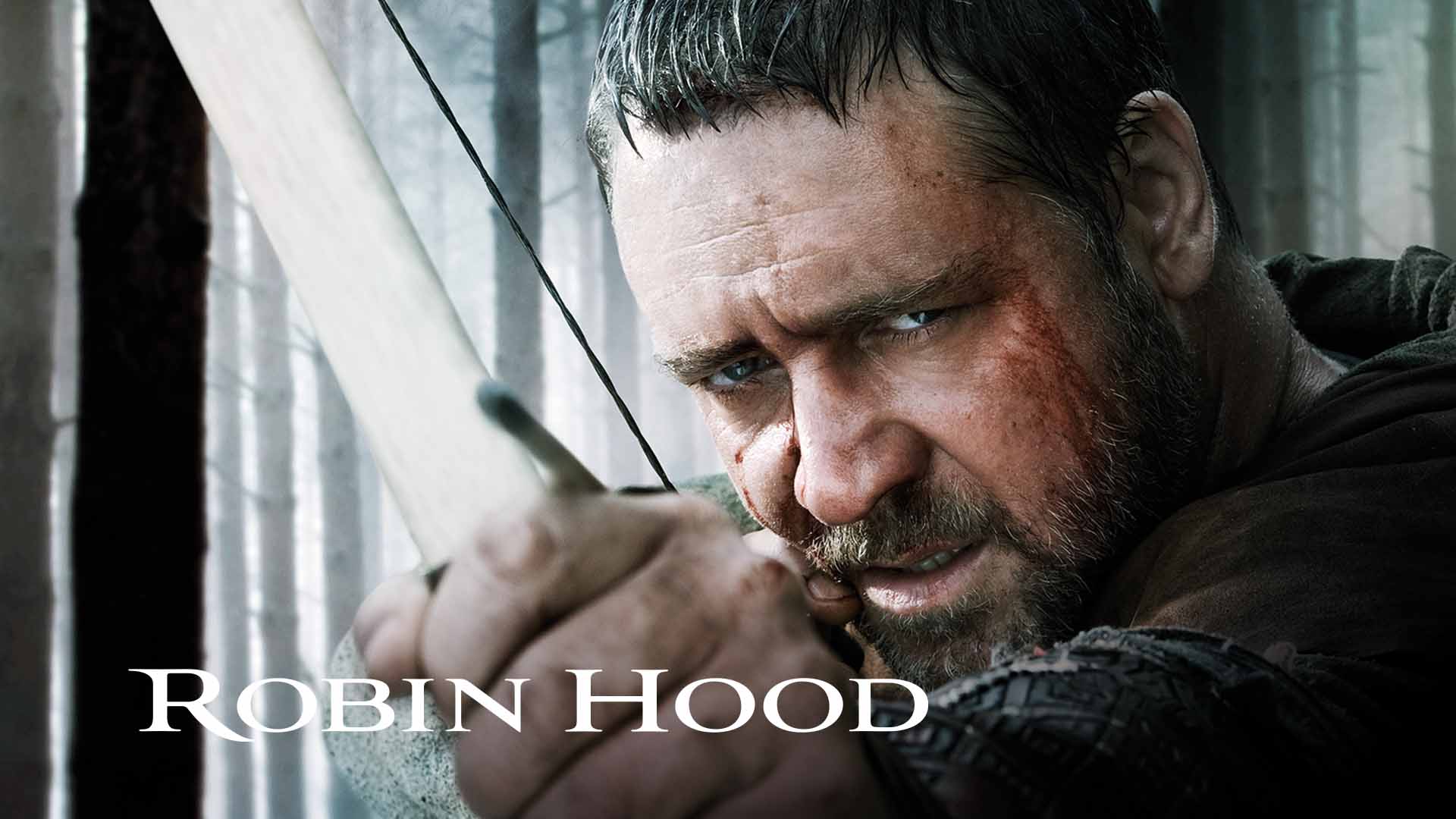Philip: Prince, Husband, Father
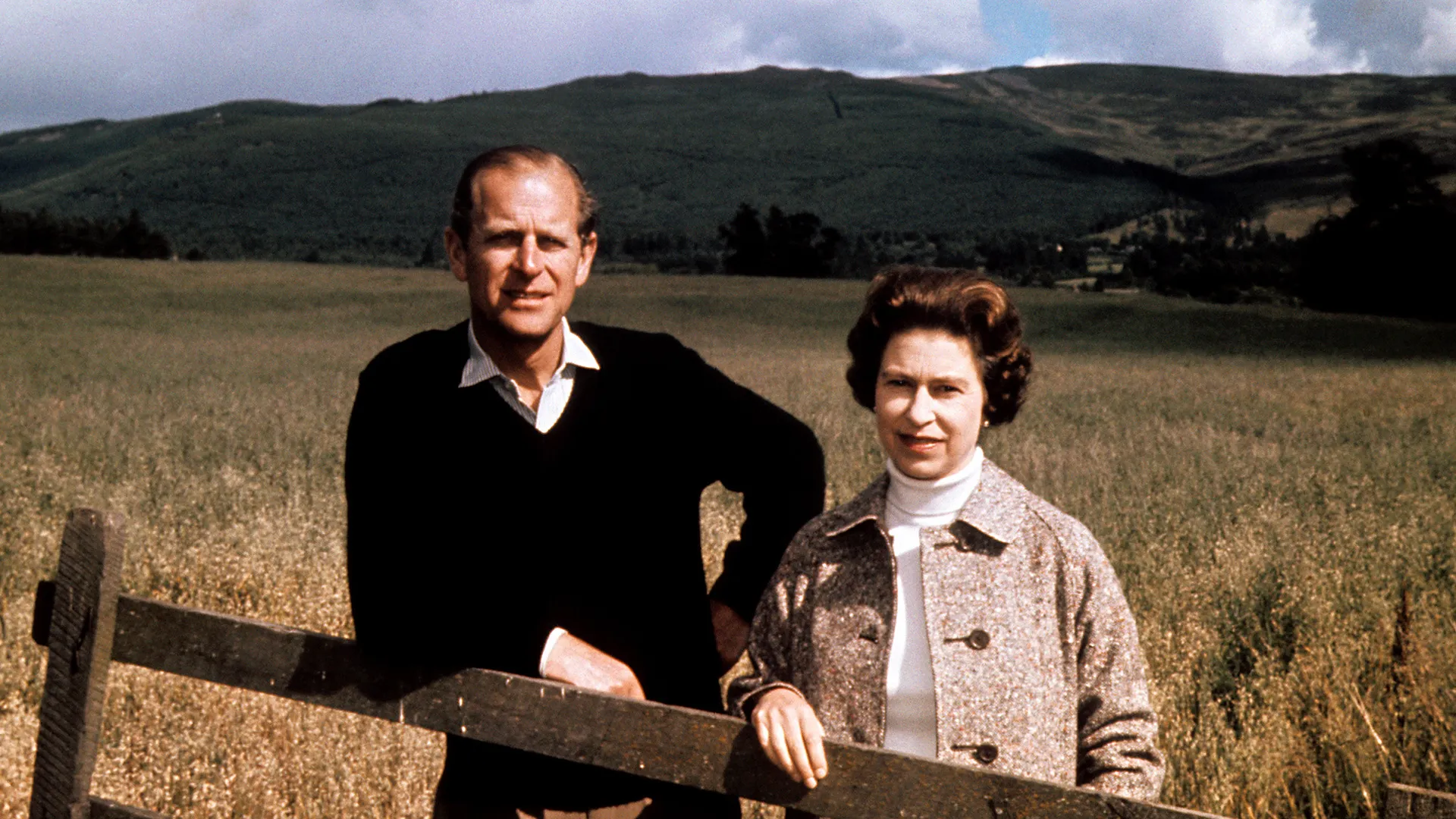
Prince Philip was a man to whom we, as the Queen said, “owe a debt greater than he would ever claim or we shall ever know.’ When he died just weeks before his 100th birthday, the country celebrated his devotion to duty and to the Queen and friends and family paid tribute to his many accomplishments.
But, as the Queen also said, Prince Philip didn’t “take easily to compliments.’ This film, as far as possible, lets Prince Philip speak for himself, by drawing on rare archive and audio recordings of the Duke talking about his own life and work. The archive spans over 80 years and has been sourced from across the world; we hear Prince Philip talk about his family, the monarchy, the environment, media intrusion, Prince Charles’ future…. topics that are hugely relevant today.
The film begins with Prince Philip’s turbulent childhood and we discover how he refused to be scarred by his past and instead focused on the future; we hear how he felt ‘pitchforked’ into the role of consort after his father-in-law’s unexpected early death and how he found a role for himself representing the Queen across the Commonwealth, leaving her free to focus on affairs of state at home.
In private, he was a hands-on father who oversaw his children’s schooling and tried to prepare them for a life in the public eye:
Reporter: Is there a terrible fear that the spotlight will shine on your son and your younger children? What will you do to protect him from it, or make it more tolerable?
Philip: I think it's very difficult to know how to make it more tolerable. I think perhaps having more experience can make it a bit easier, by pointing out the pitfalls and by warning what might happen...
As Philip grows into his role of consort, the archive reveals how the Duke’s relationship with the media changed; at first, he embraced it—he was the first Royal to present a television programme in 1957 and the first Royal to give a television interview in 1961. We rediscover footage from his youth and see the energy and charisma that surrounded his appearances: he was even voted the most fascinating and exciting man of the 20th century, ahead of Sean Connery and President Kennedy! But we also hear him talk about his feelings on press intrusion:
Prince Philip: I have two aversions. One is to the gossip writer who doesn't really bear much relation to fact and... to the keyhole cameraman, who is… trying to find something out of the ordinary with which to titillate his customers.
Augmented by interviews with biographers, friends and colleagues, (including the late Ellis Norrell, a naval rating who accompanied the prince on his famous 1956 tour) we create a portrait of the Prince that puts his own words front and centre, even giving him the last word on how he would like to be remembered after his death:
Interviewer: What would you like to be remembered for?
Prince Philip: Well, it doesn't really concern me very much, because if I... when I drop dead, I mean, I'm not going to be around to find out what people do remember. So it doesn't really bother me all that much.
Interviewer: Isn't there anything that you're particularly proud of having achieved?
Philip: I don't know. I don't think so. I think.. keeping out of trouble!



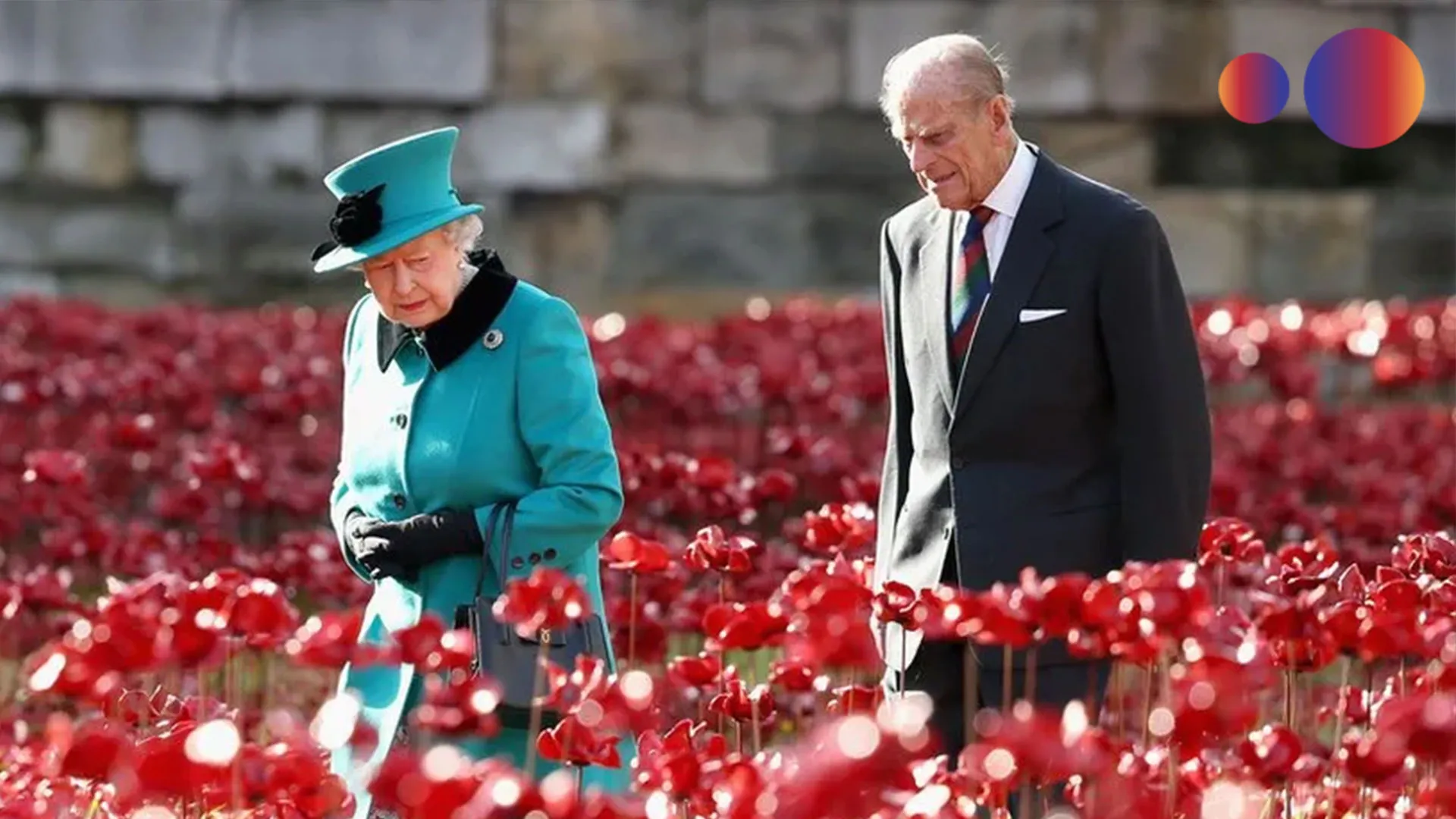
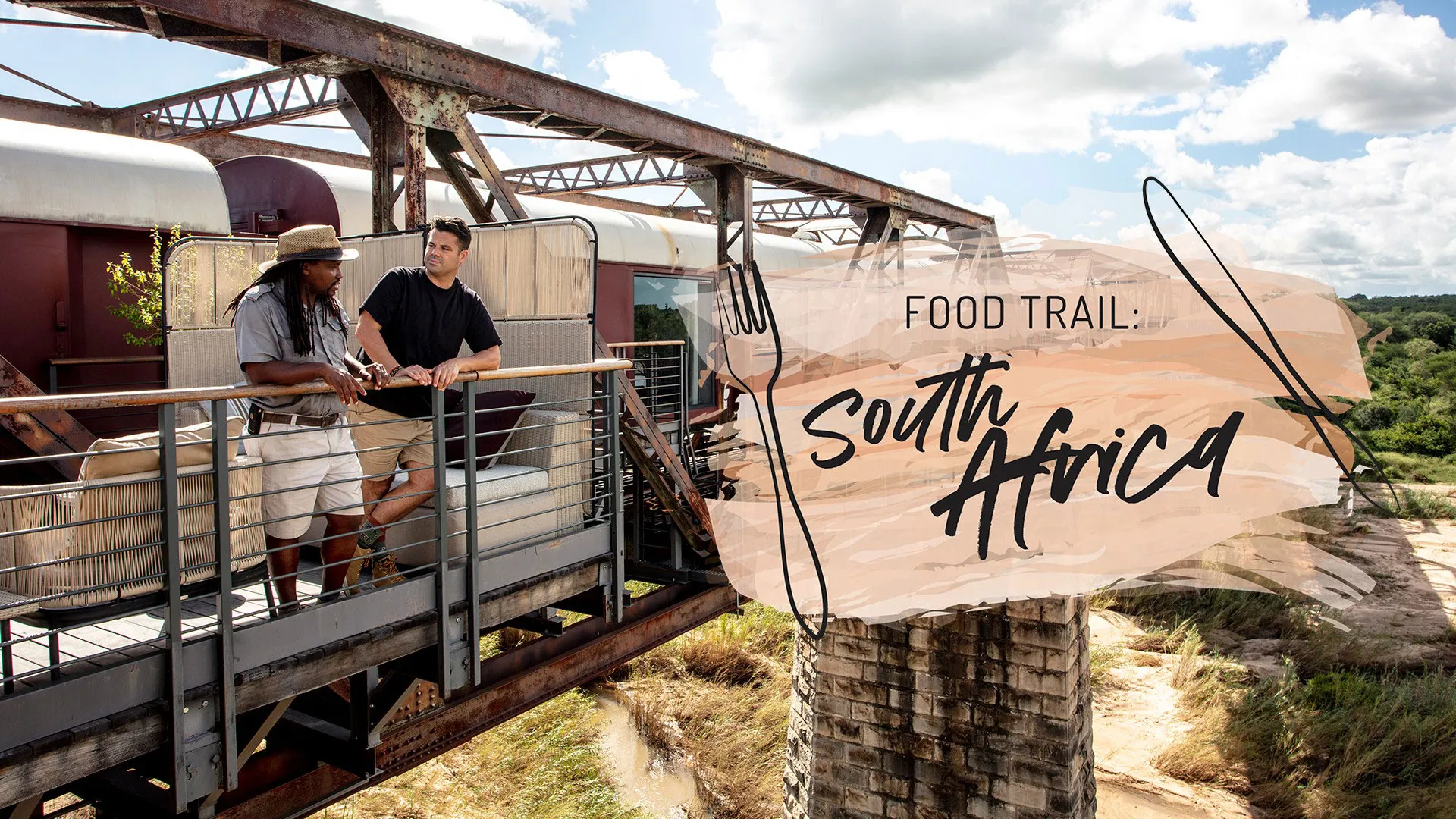



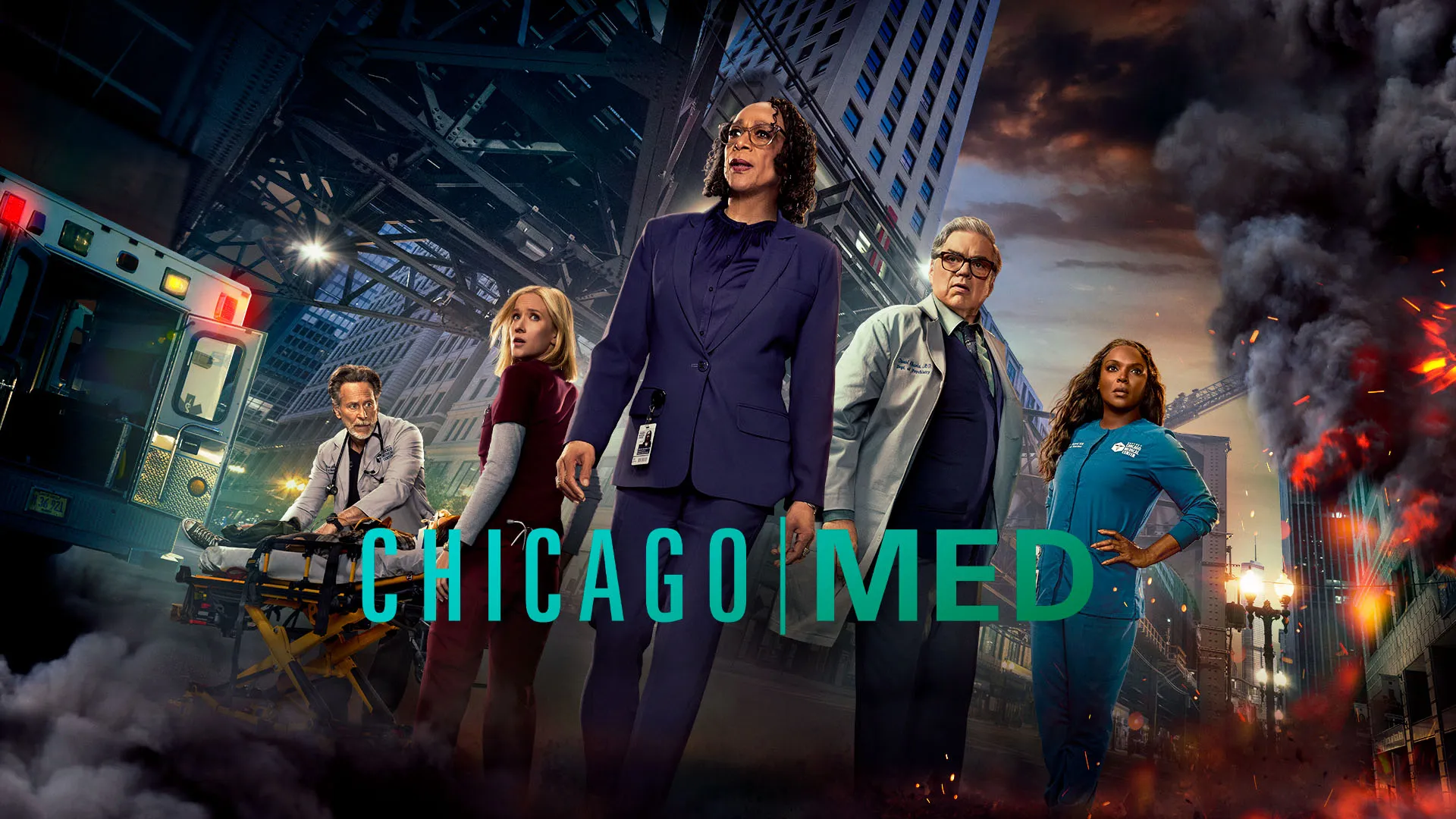

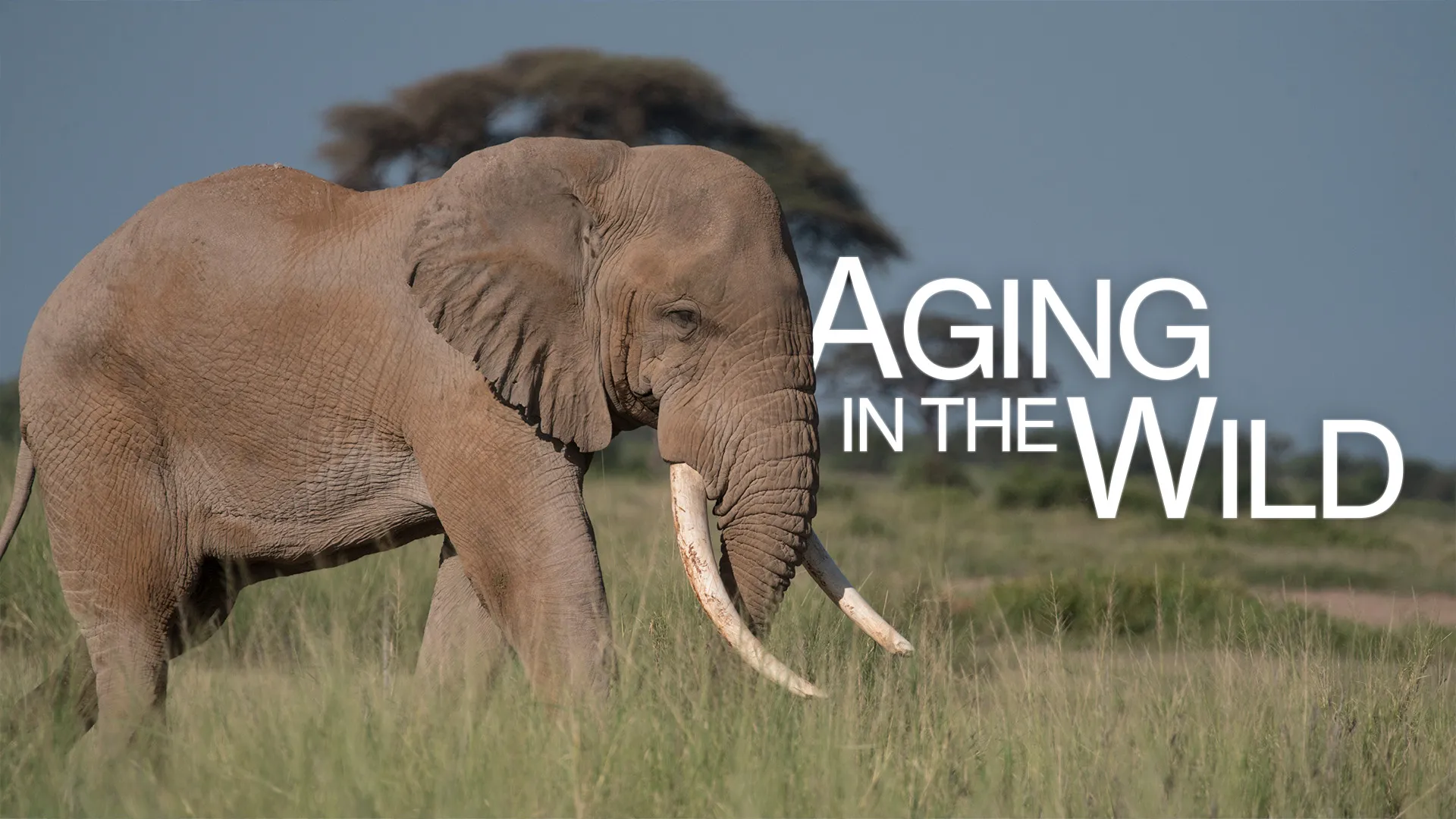


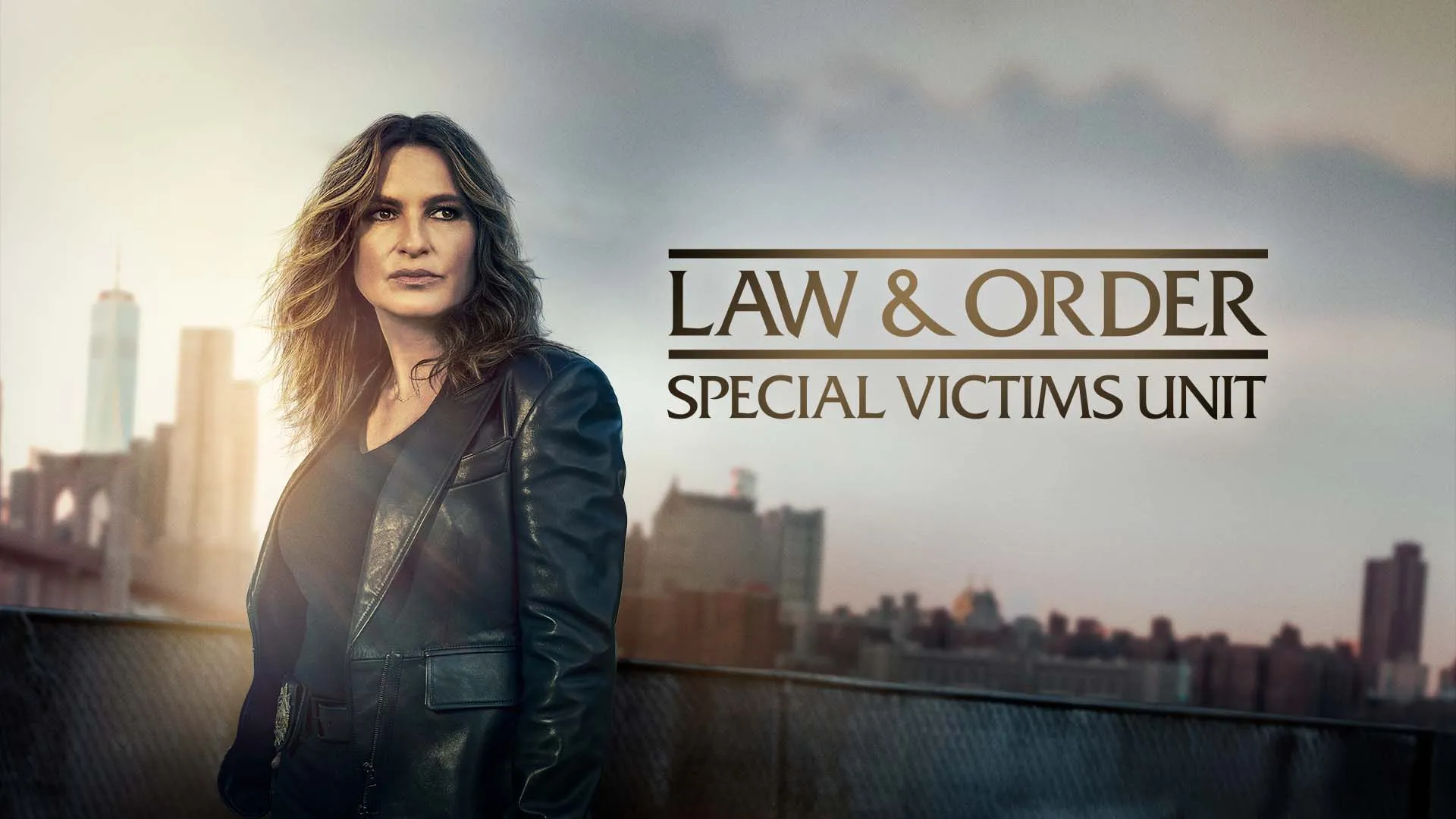
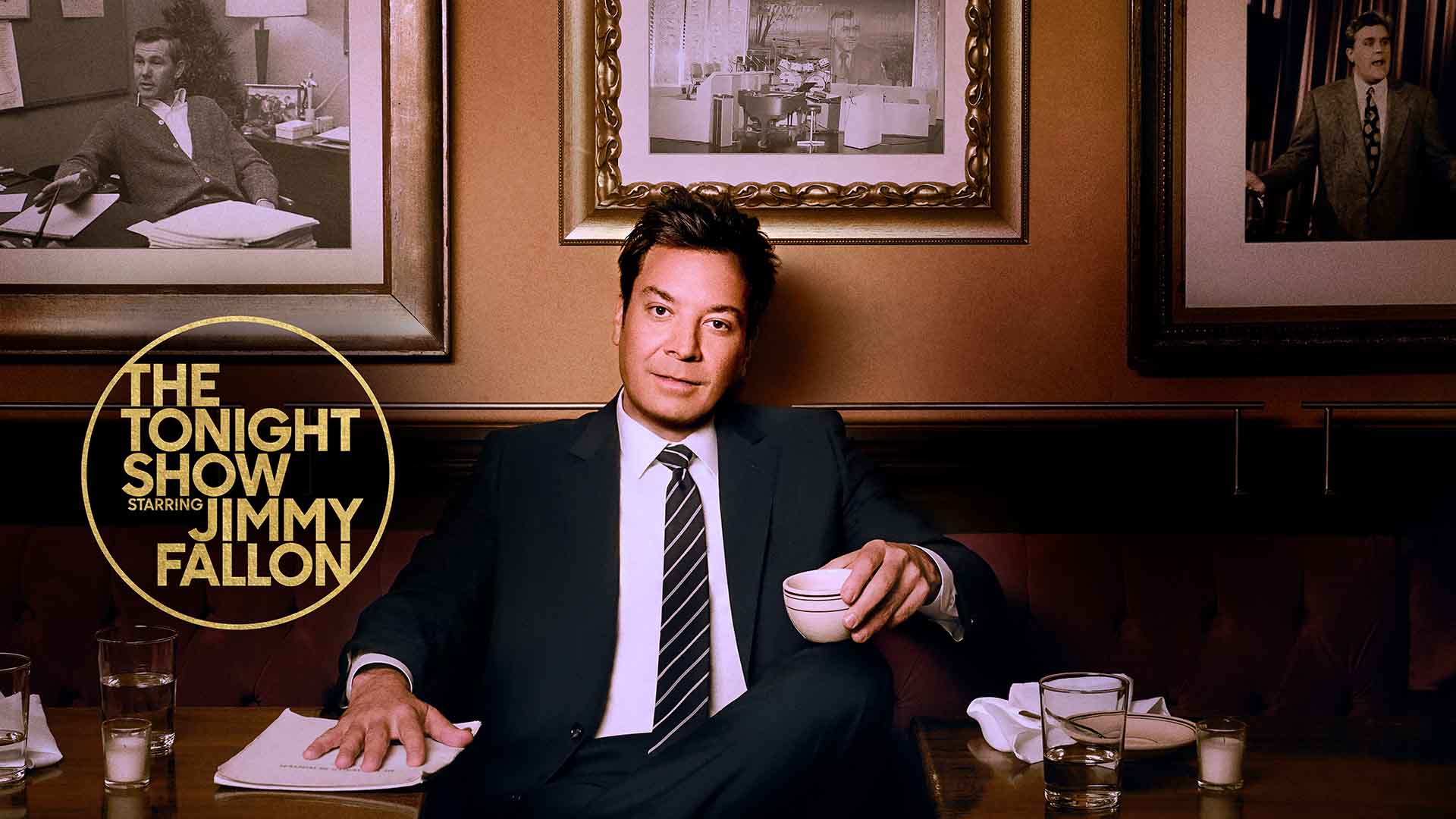
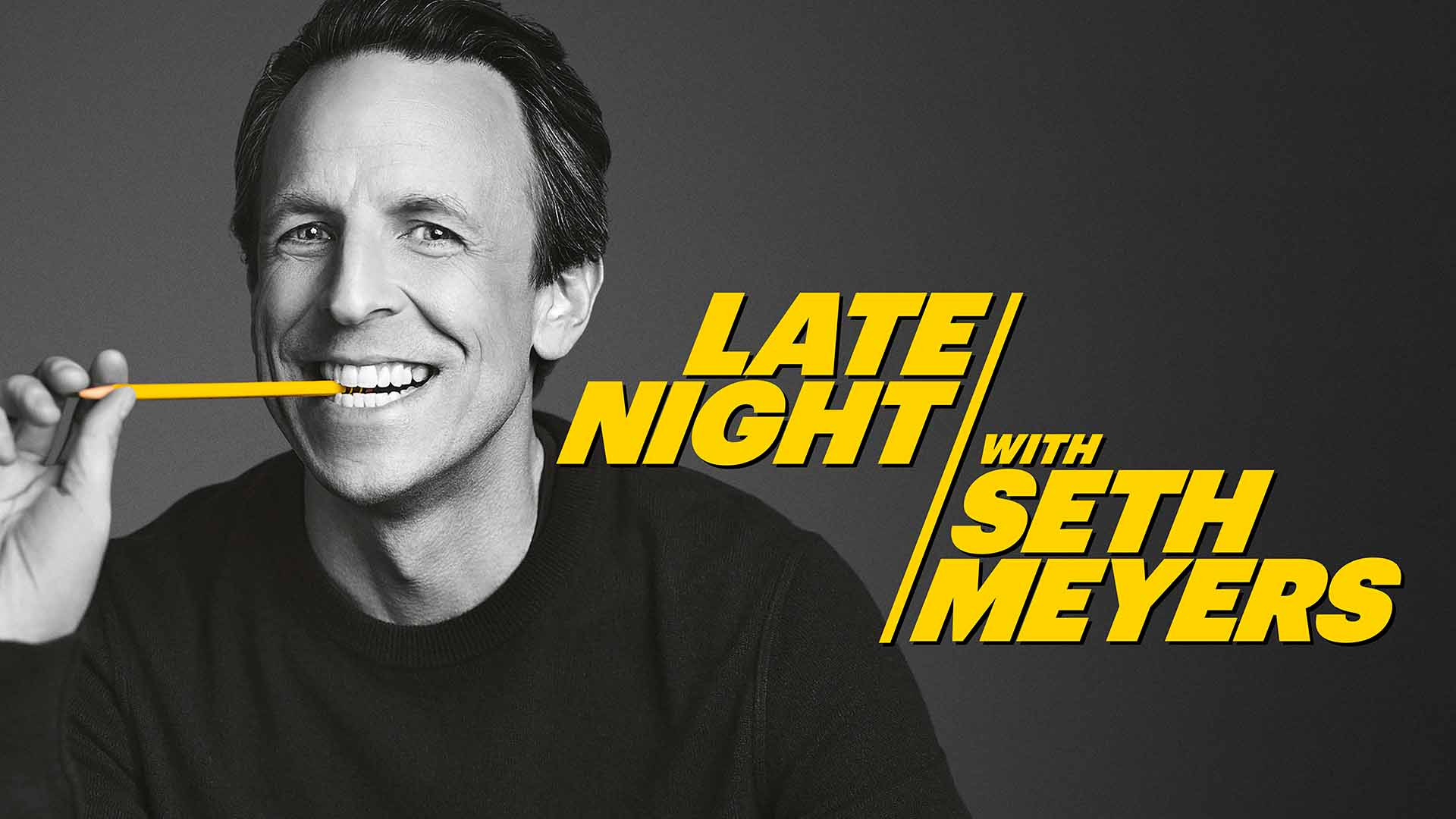


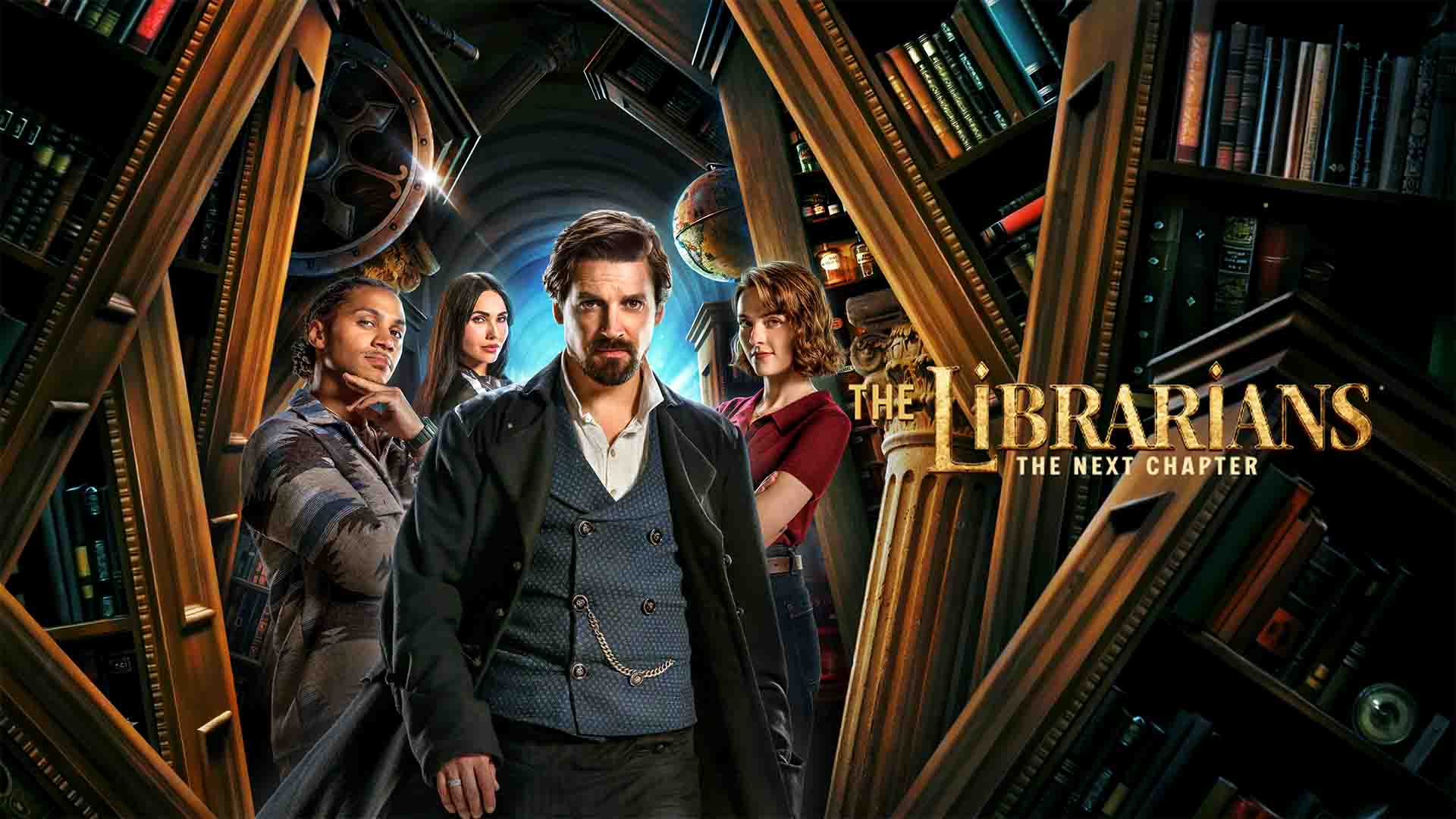
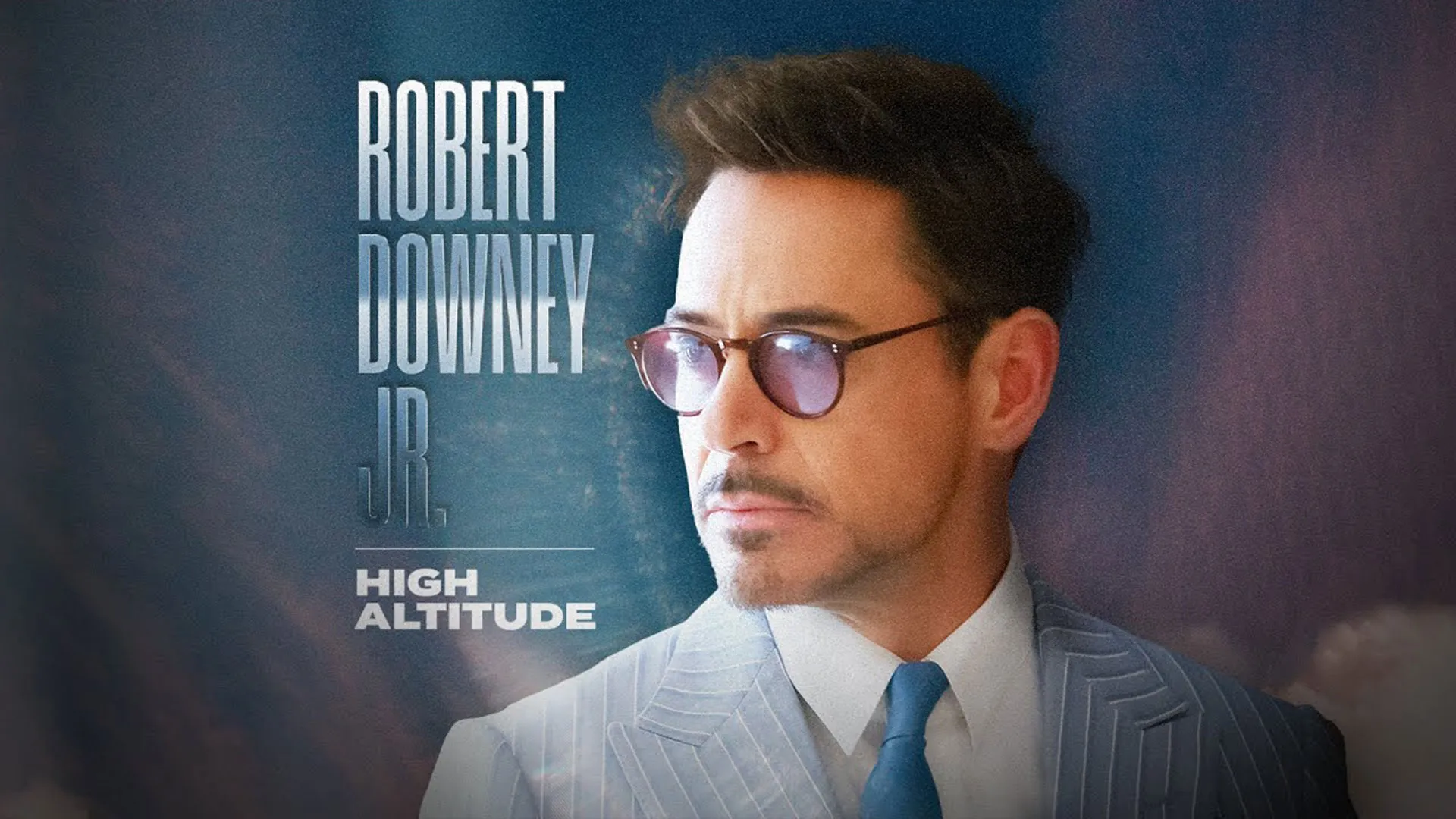
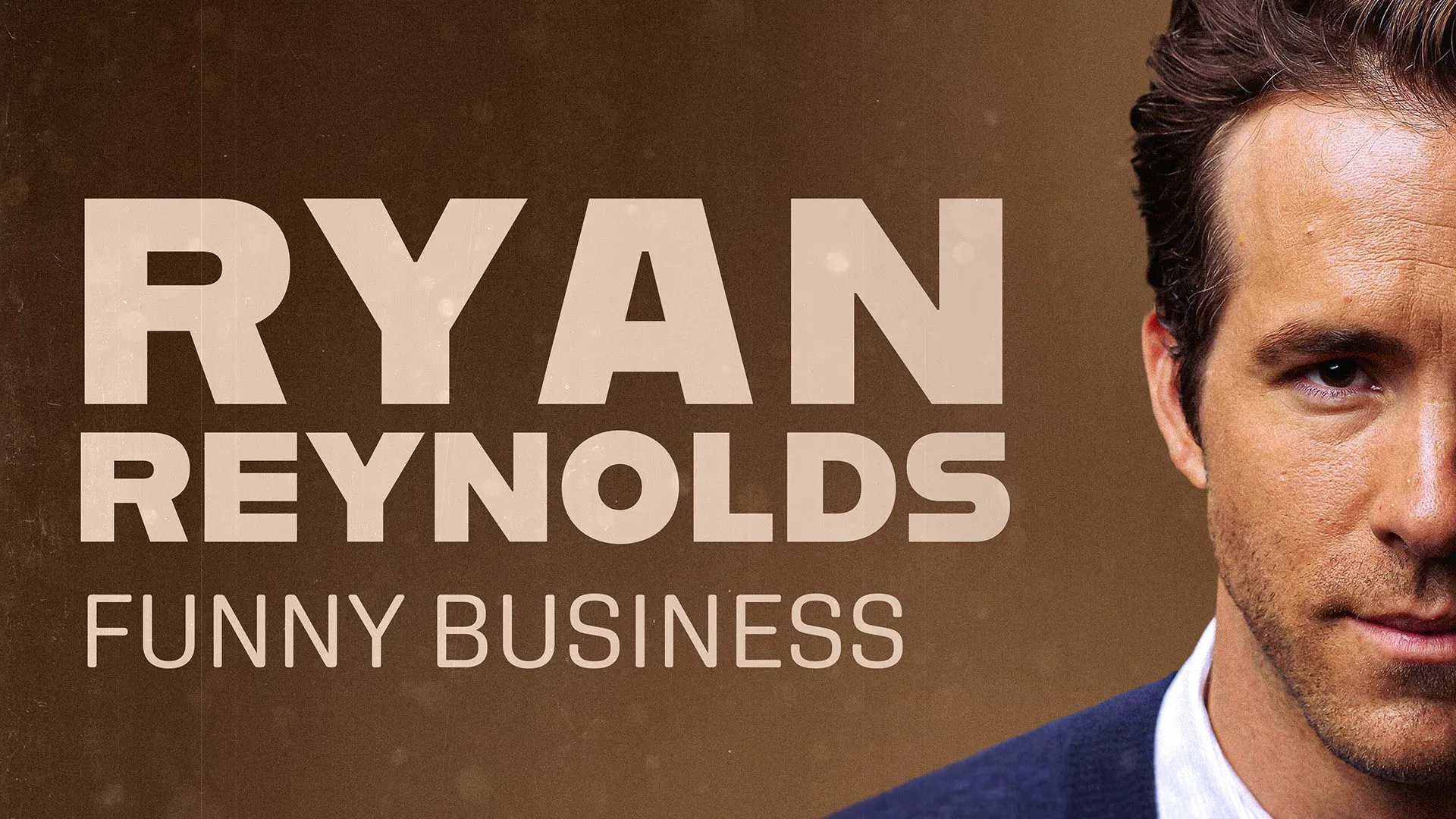
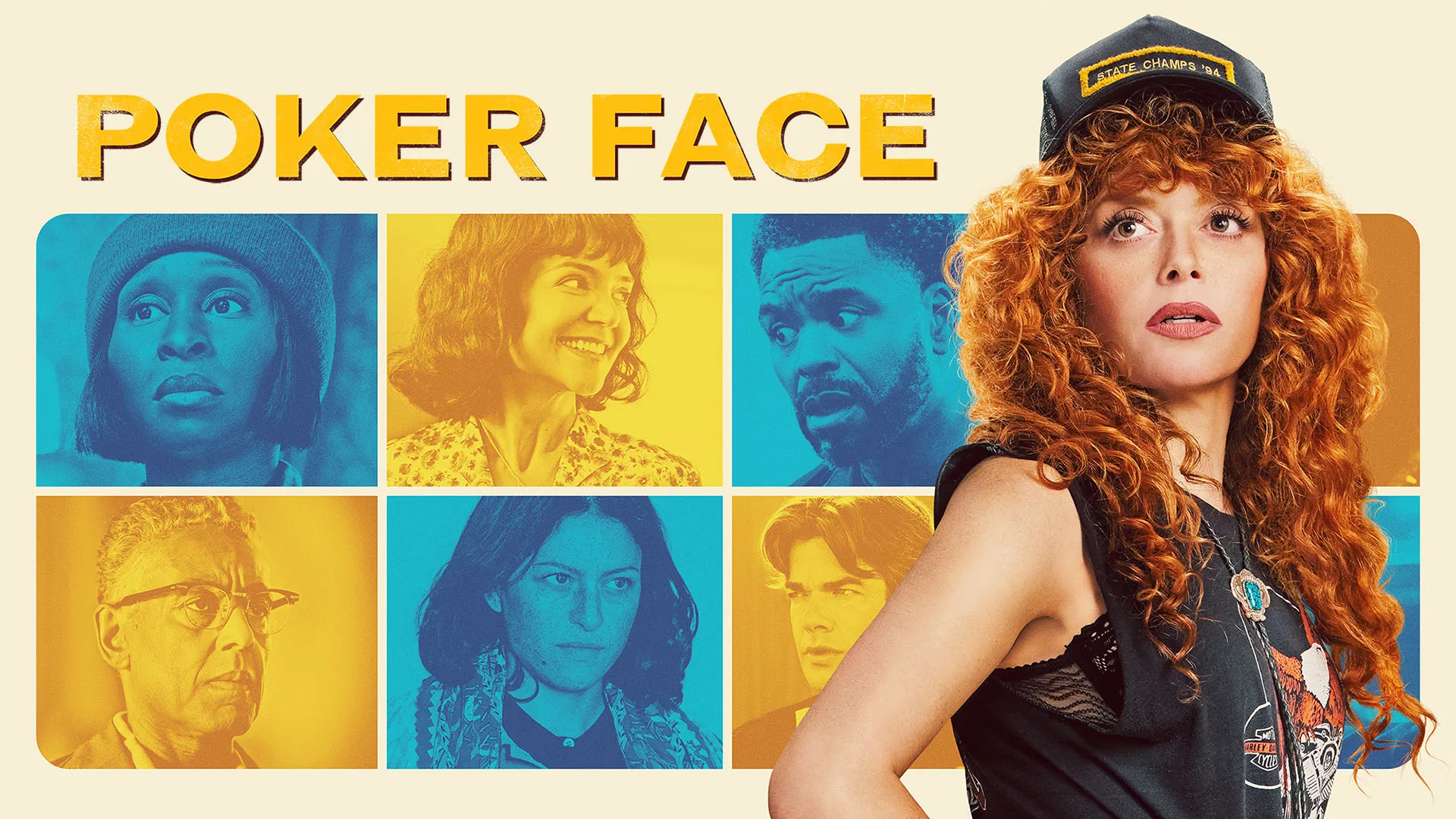


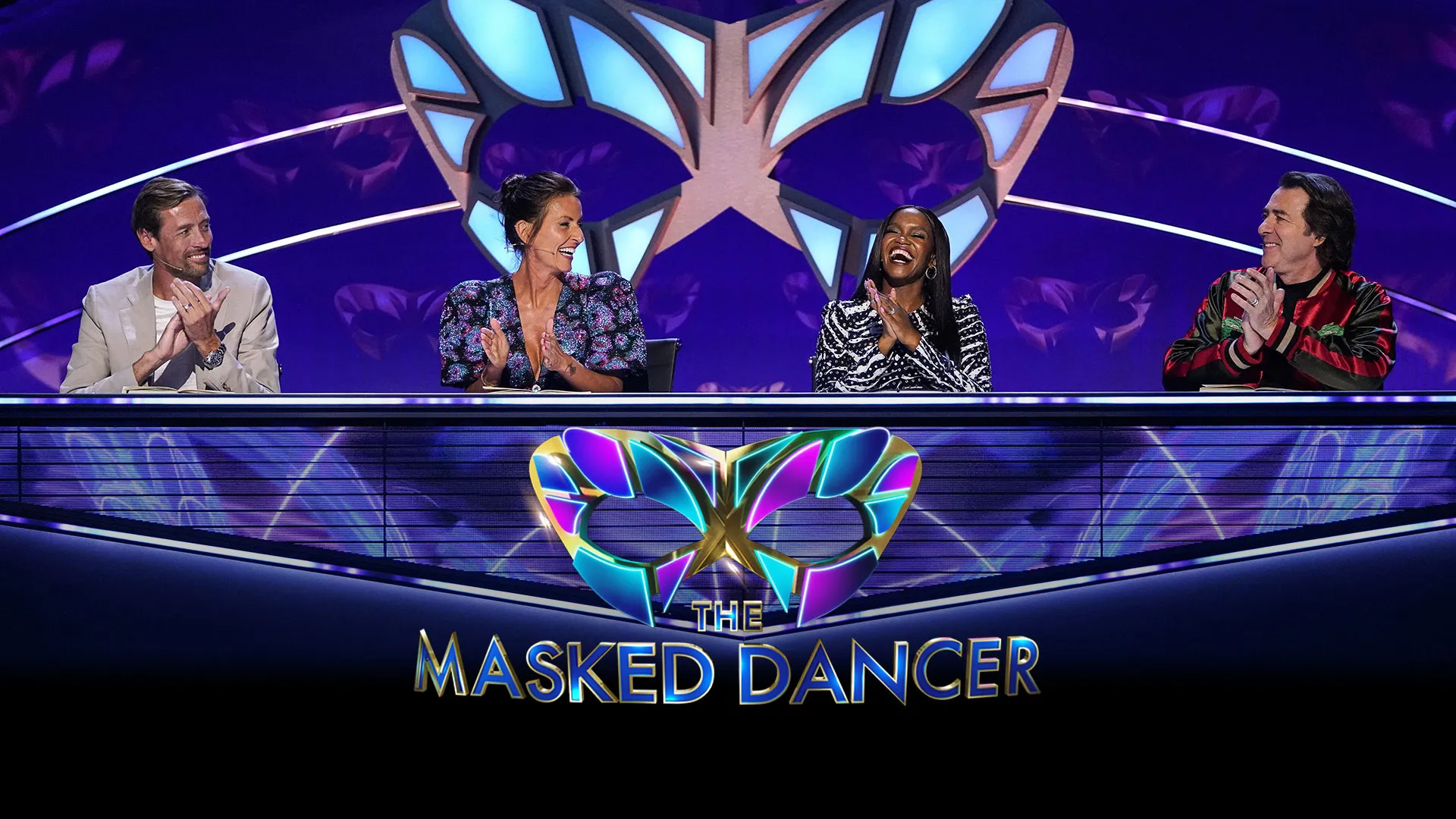
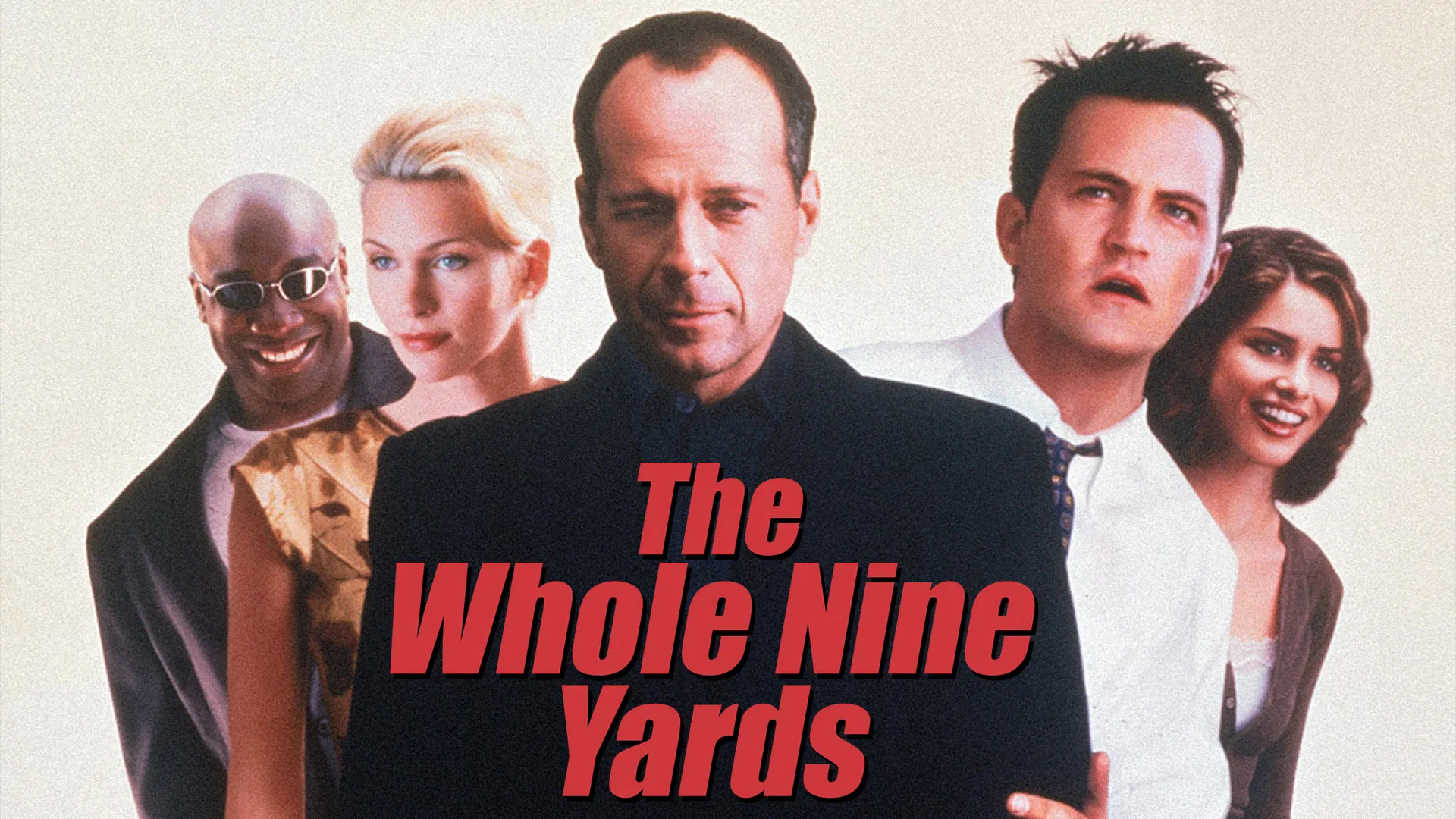


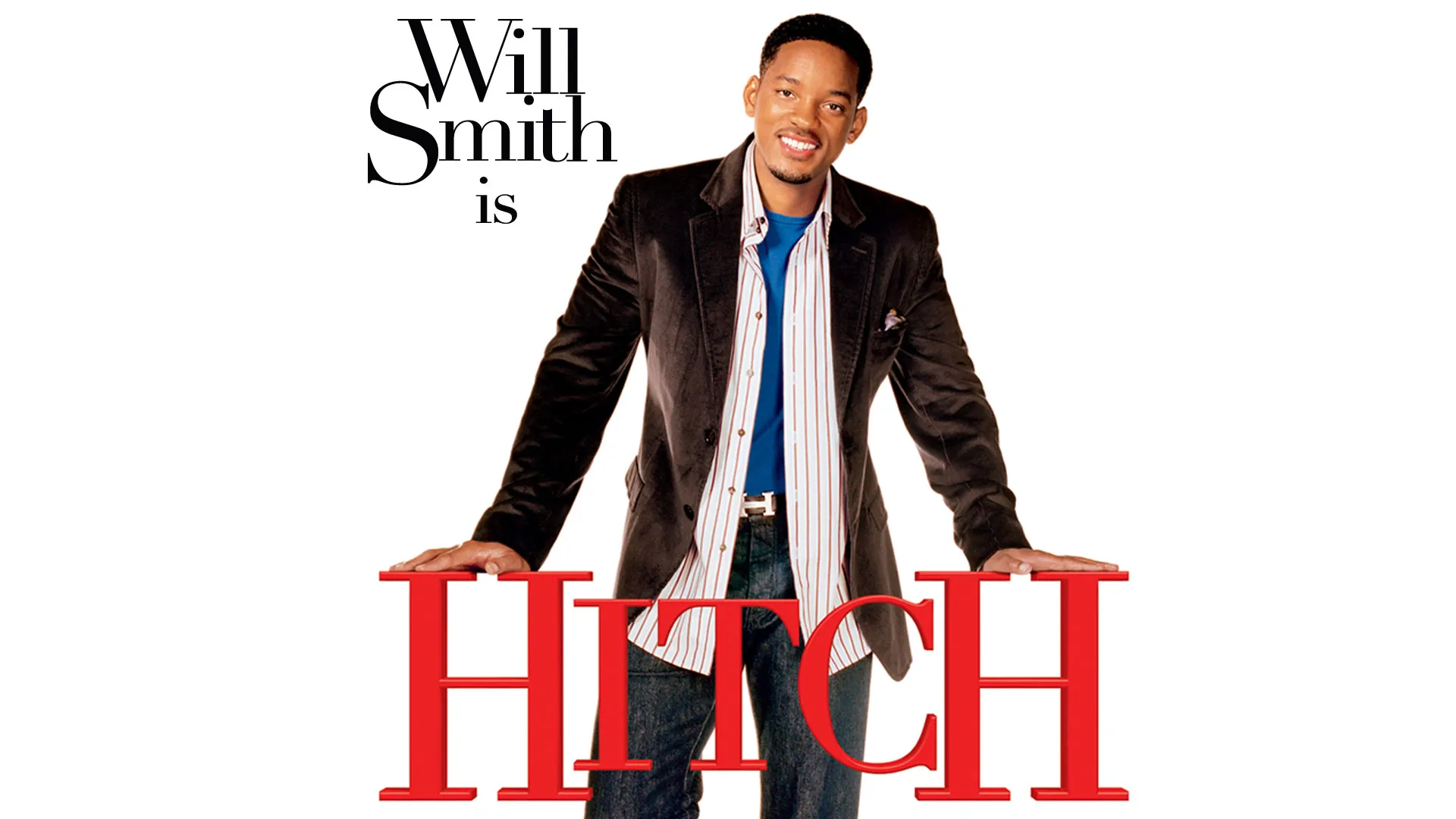
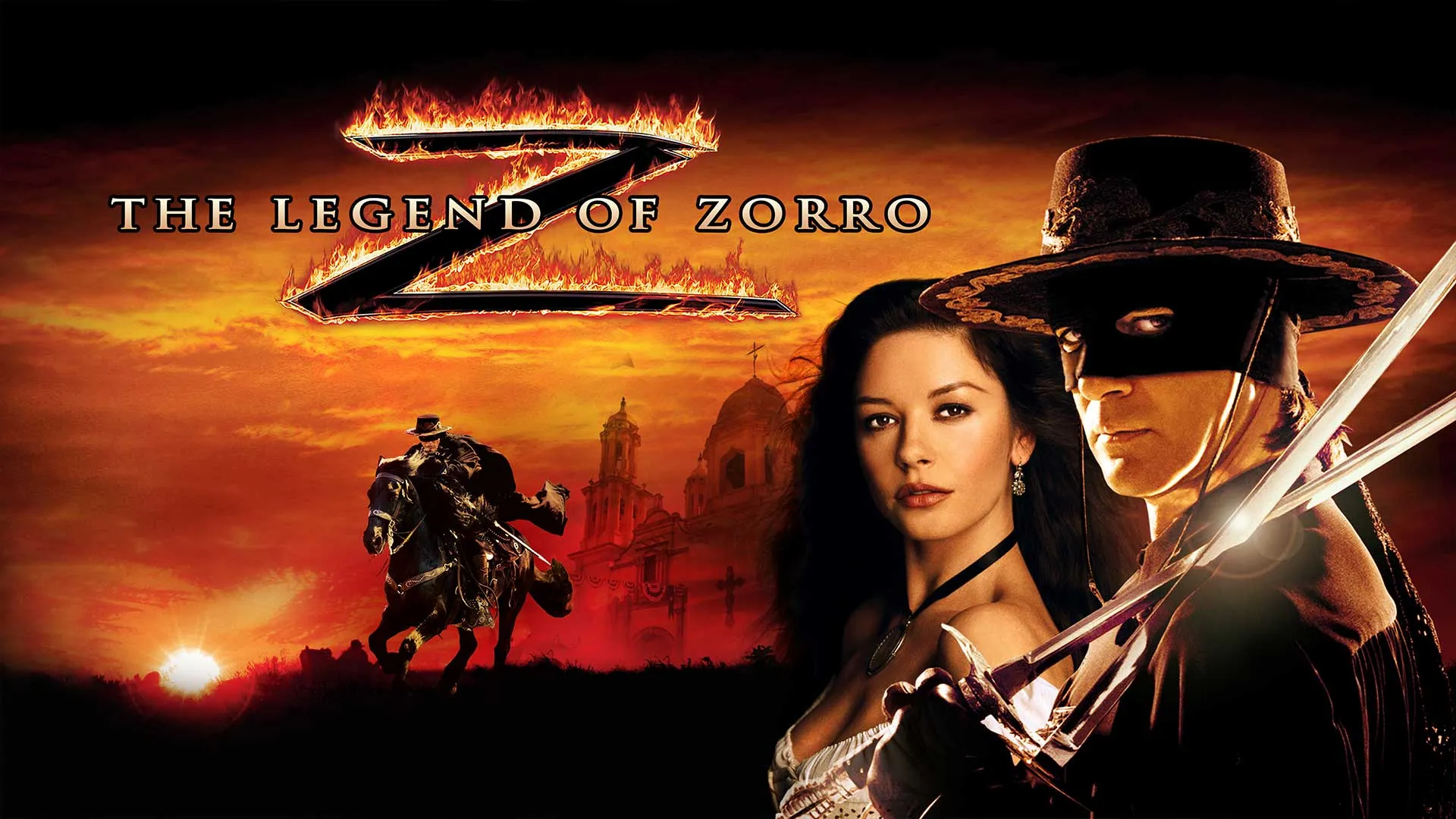
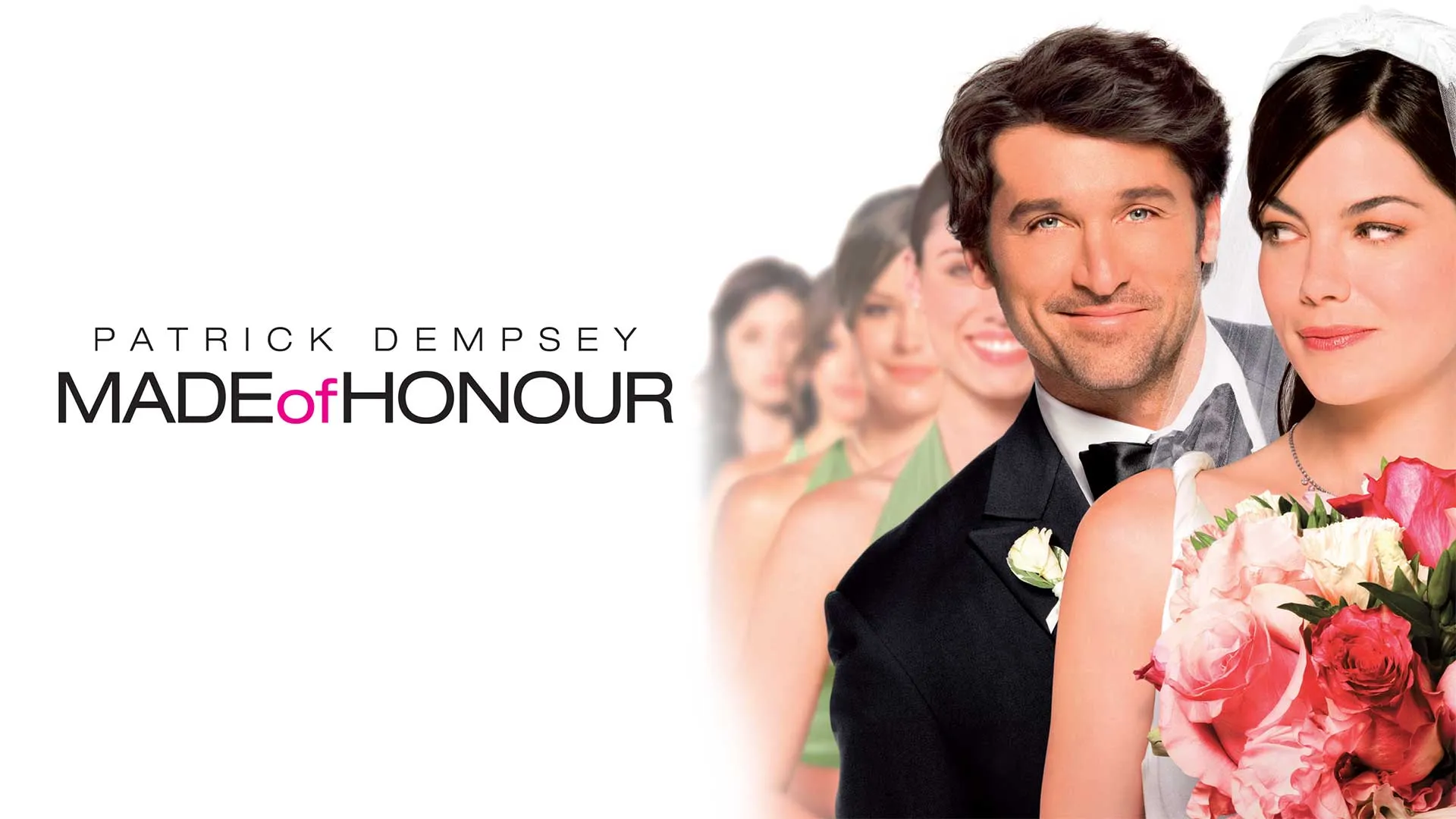


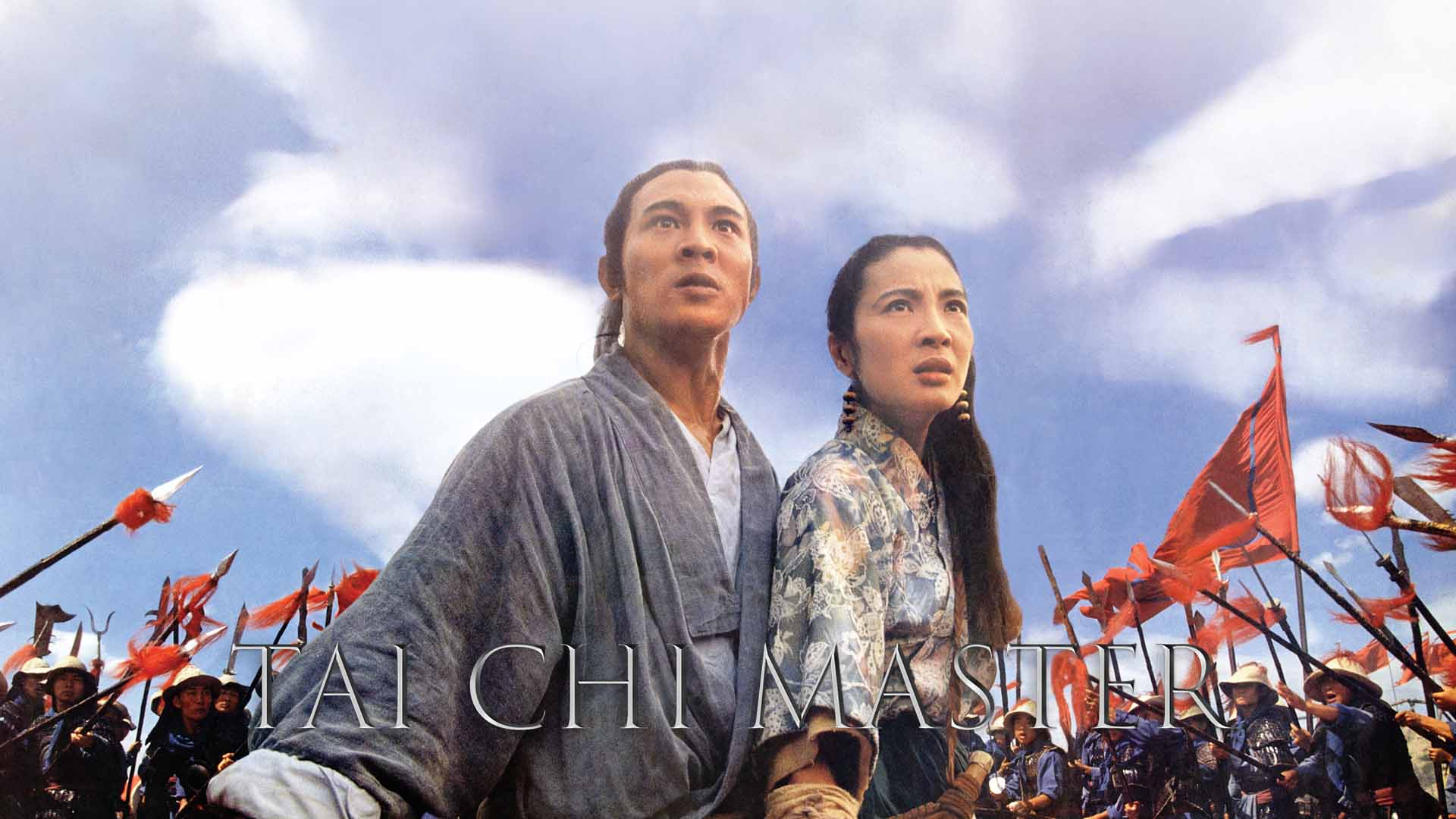
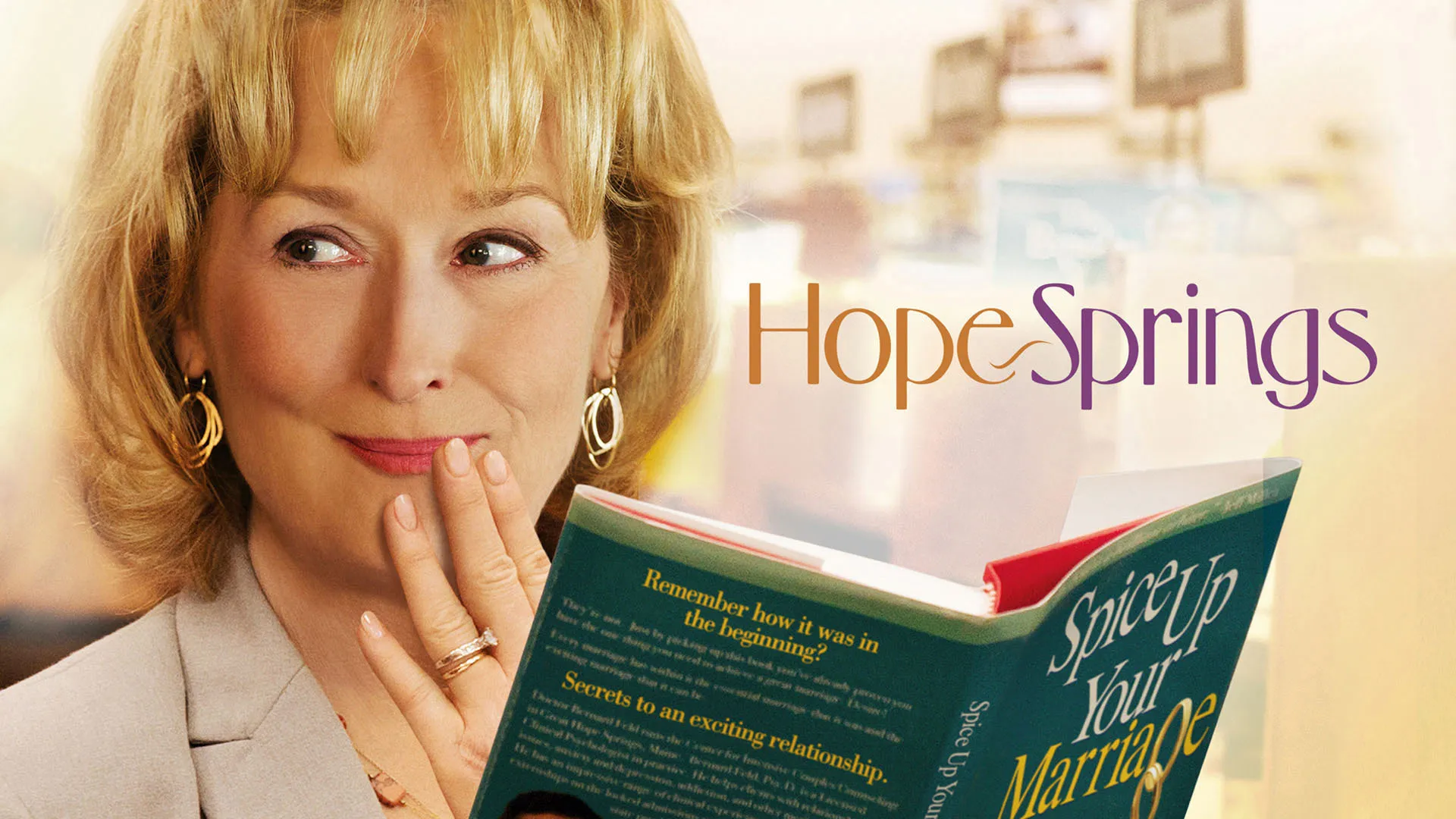


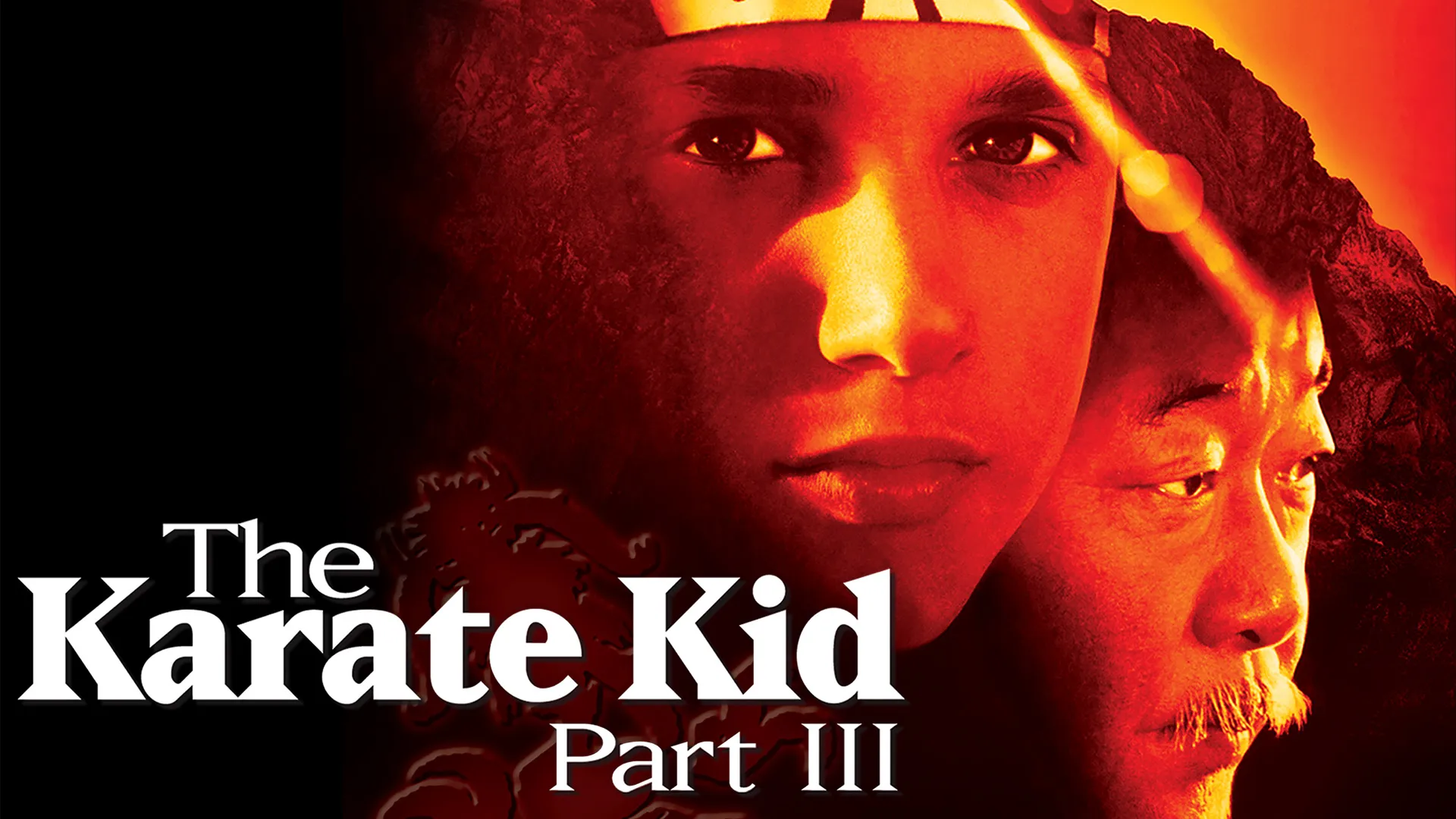
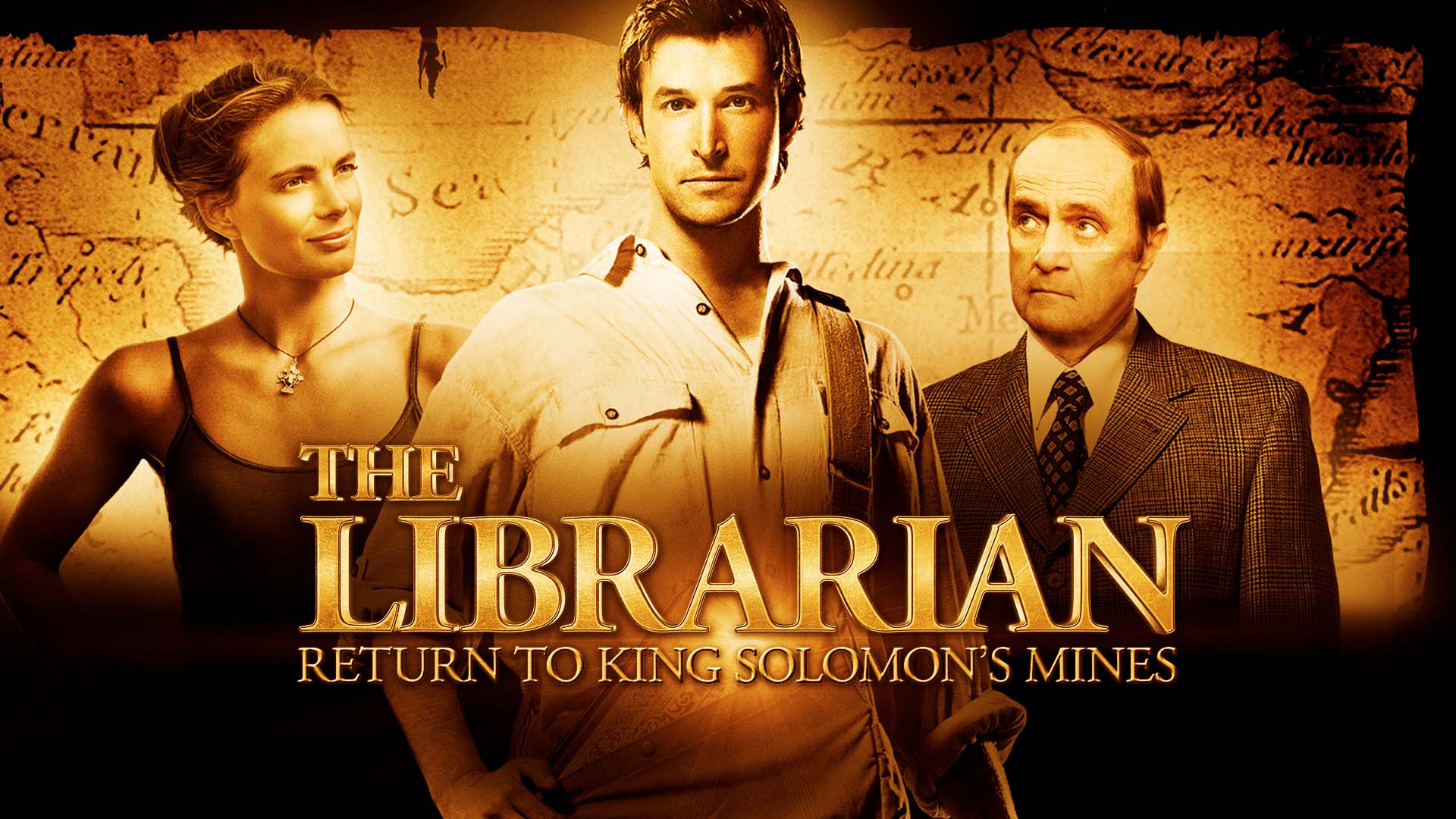

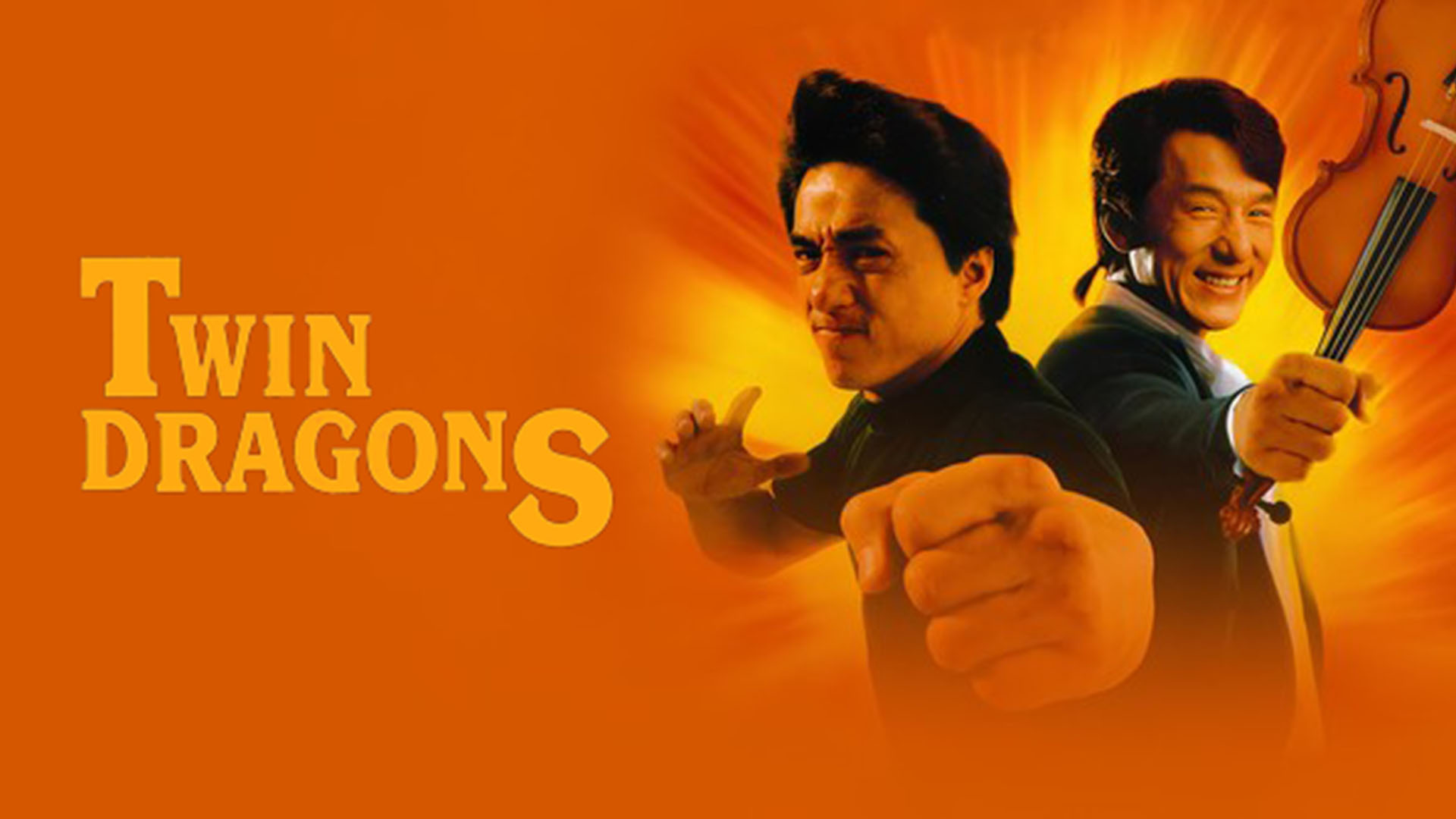

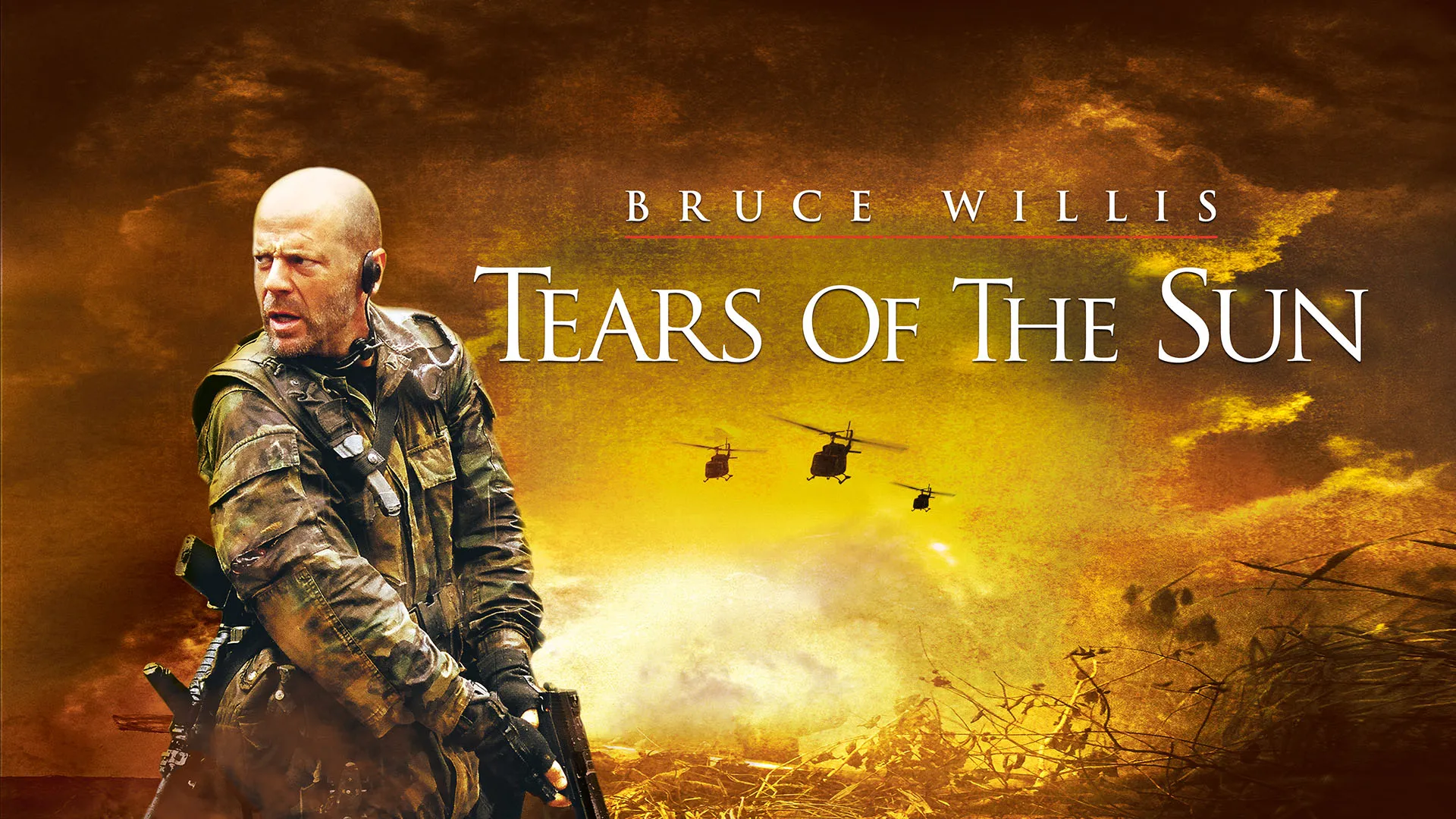
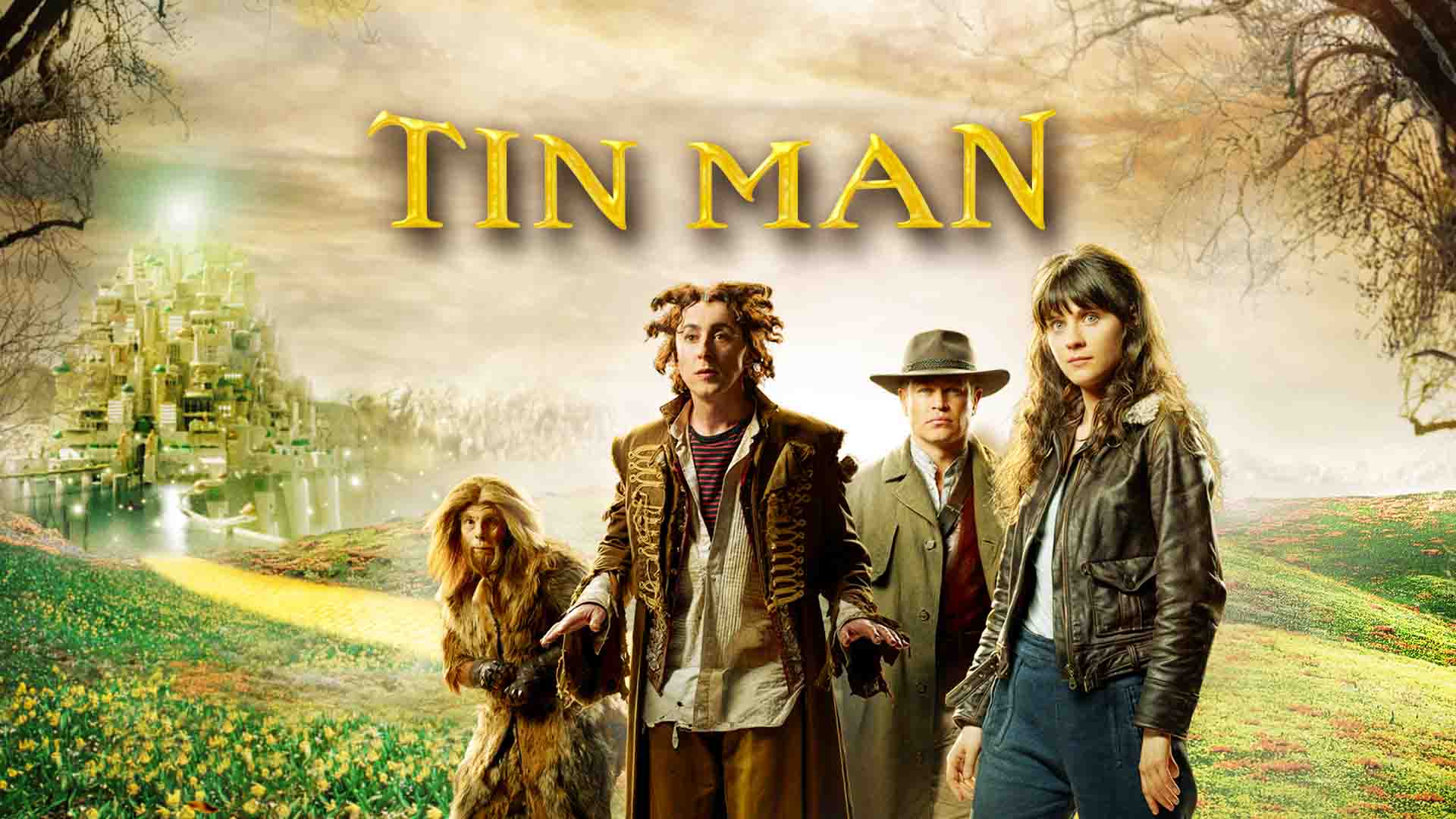
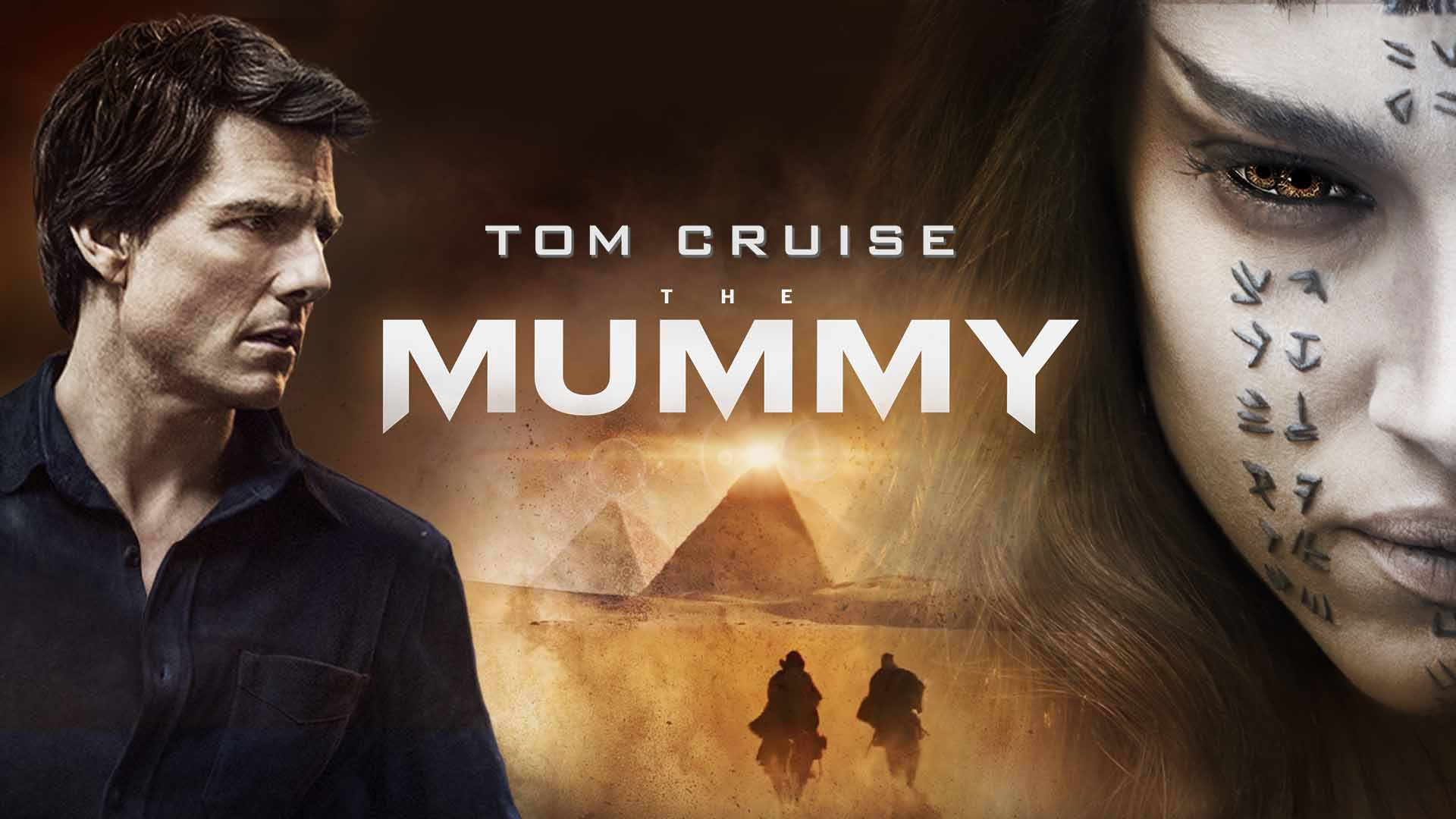
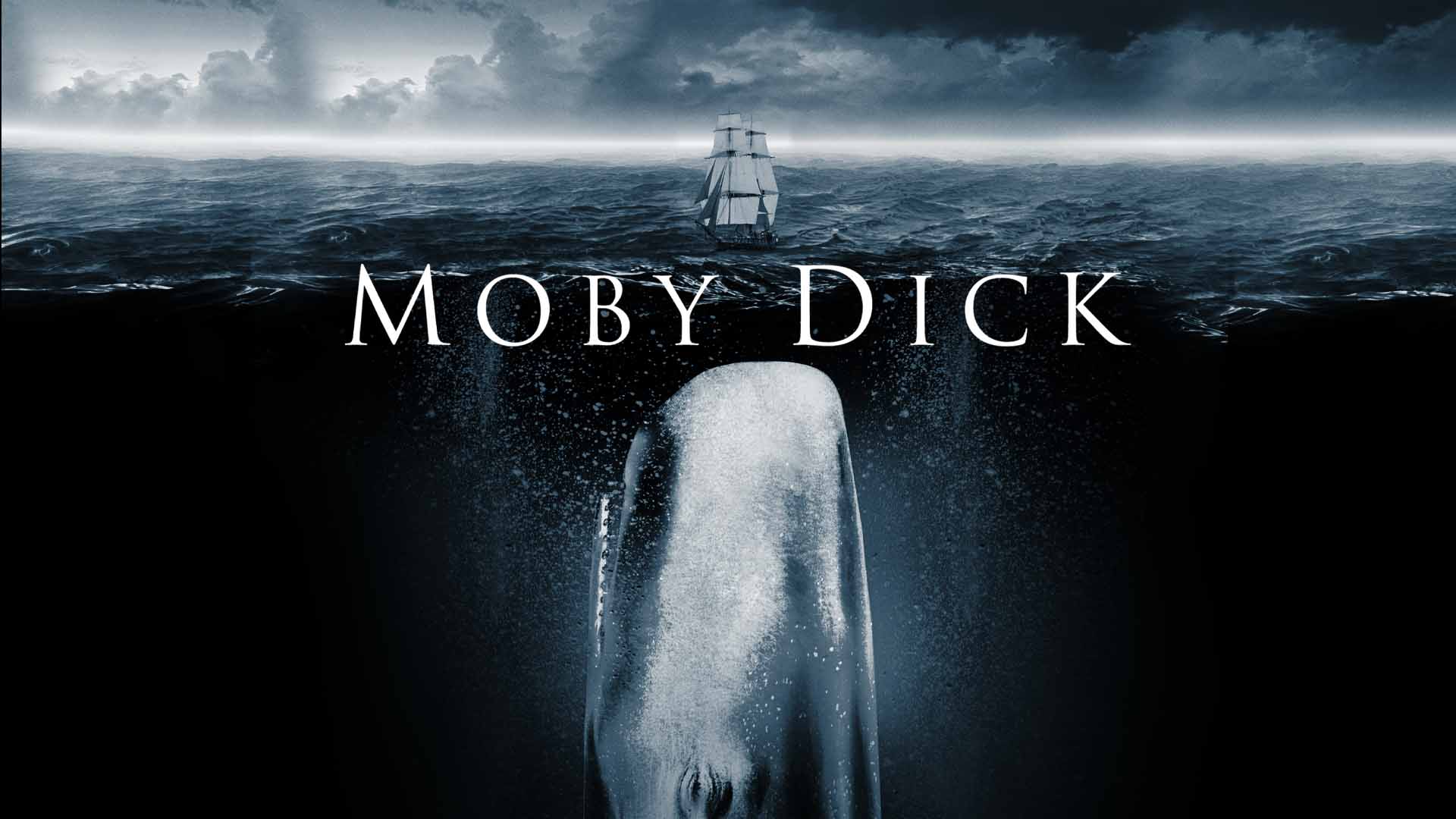
_1920x1080_.webp)
